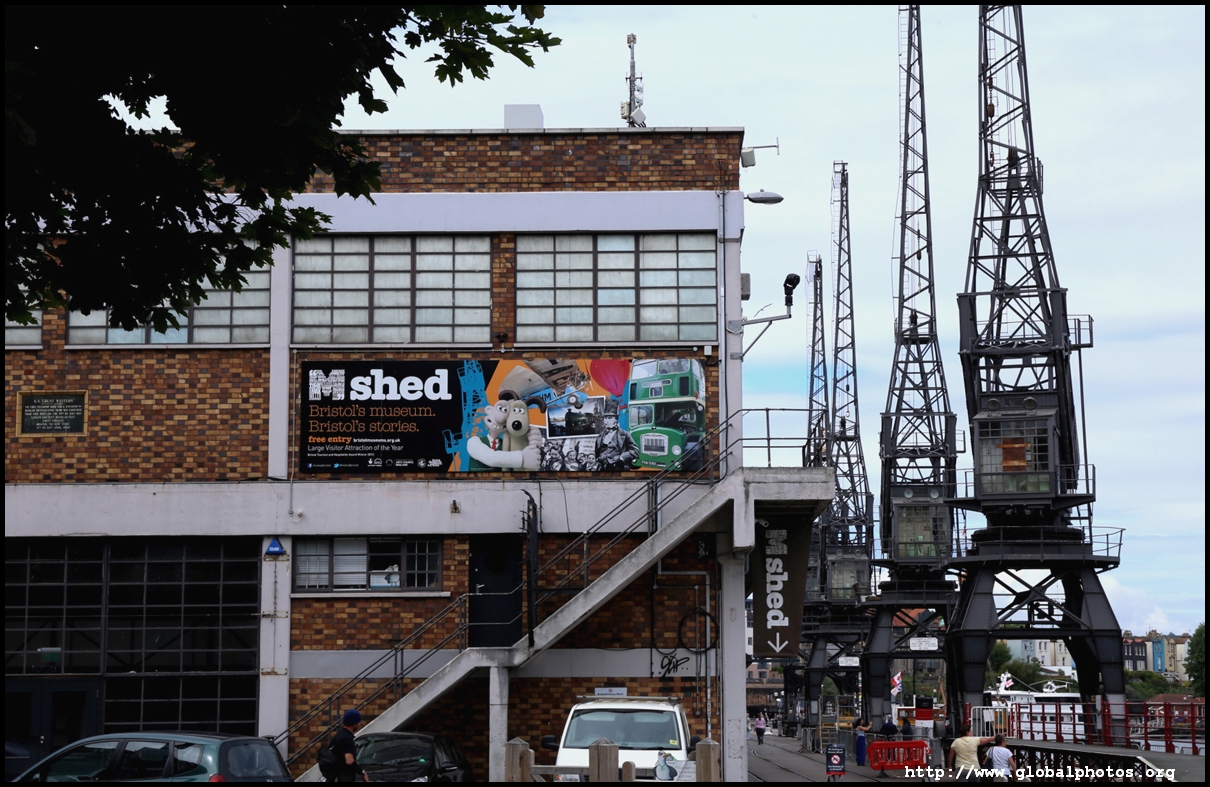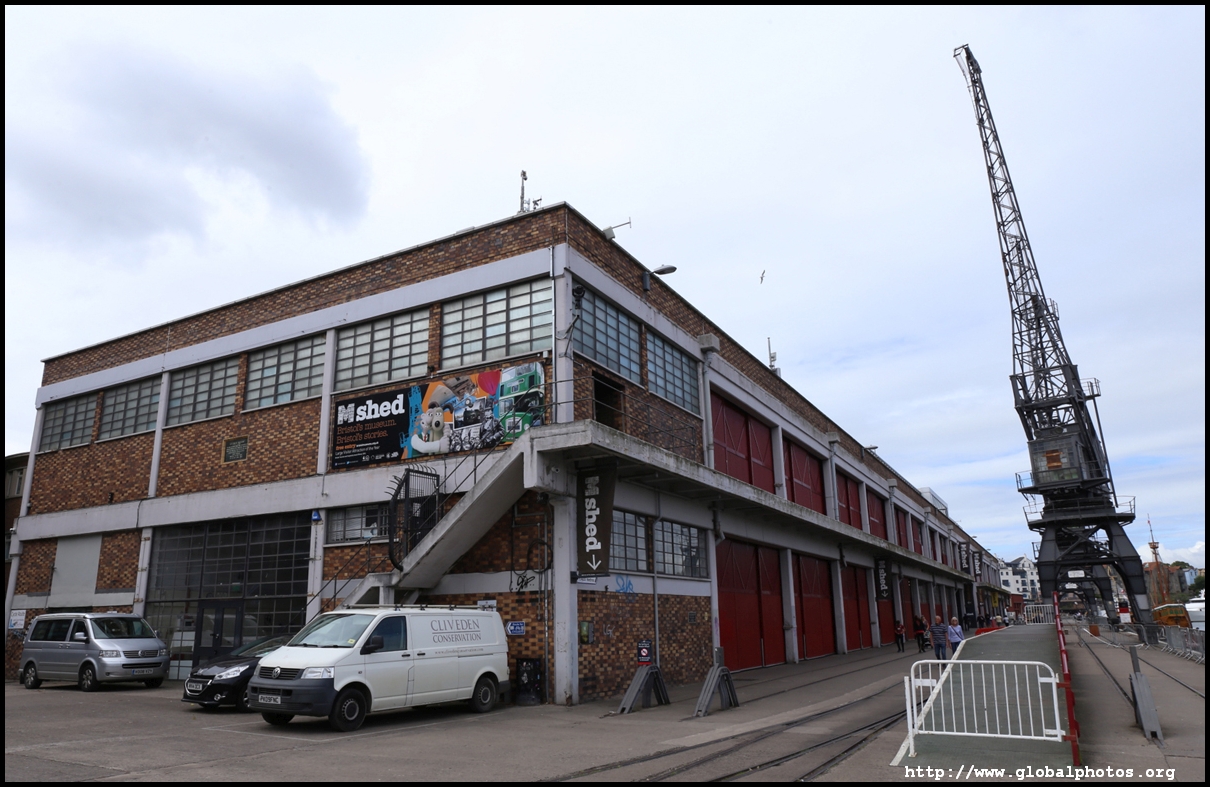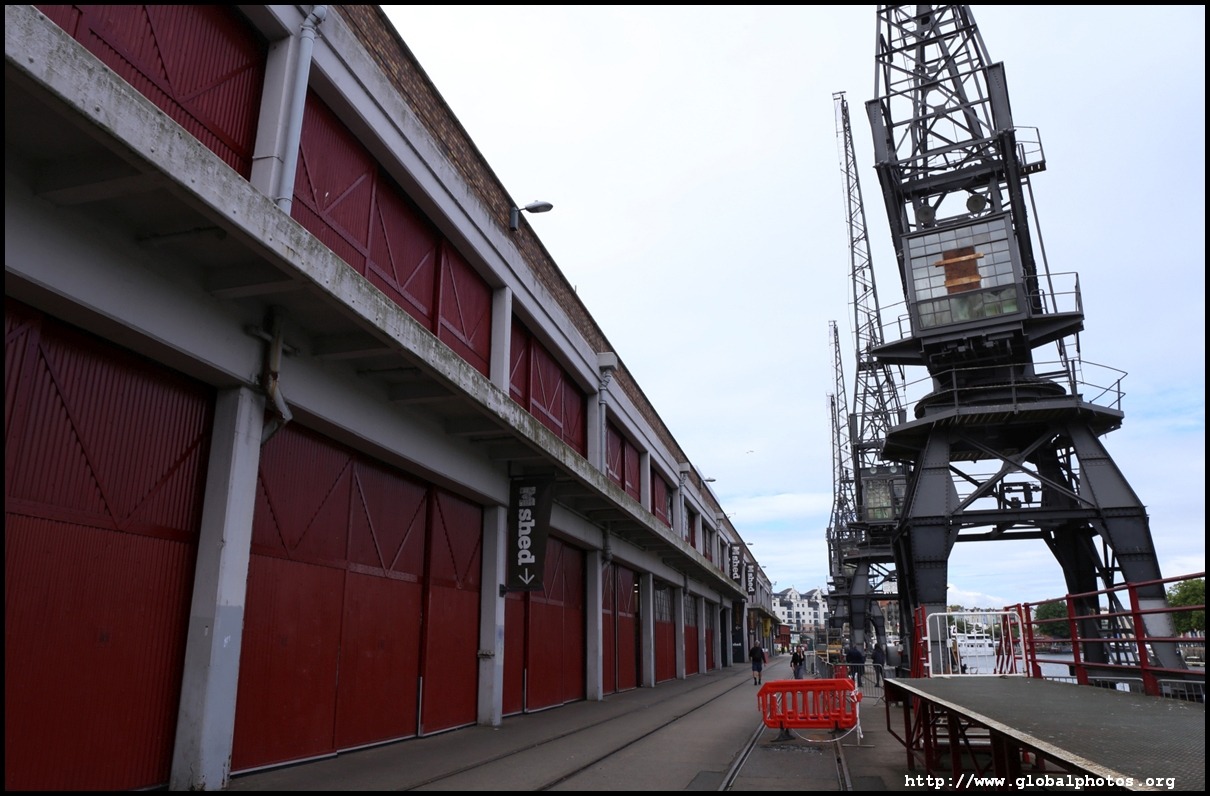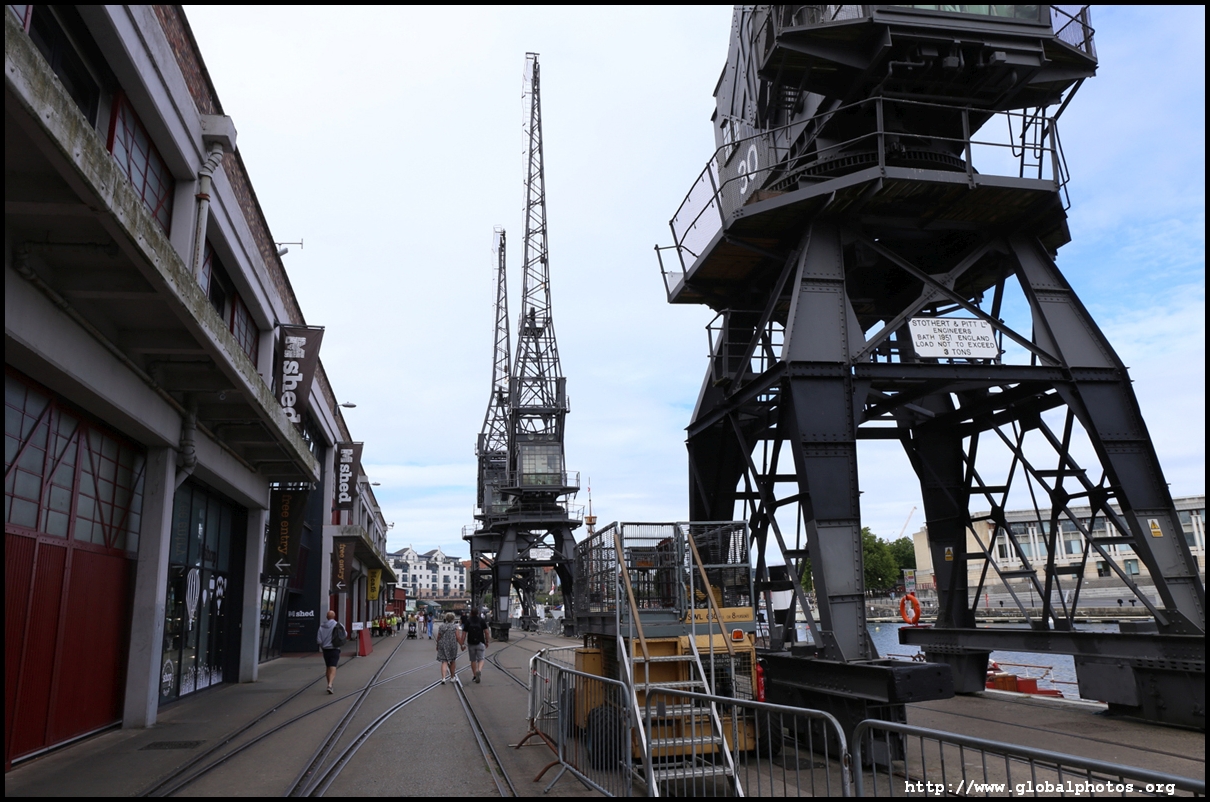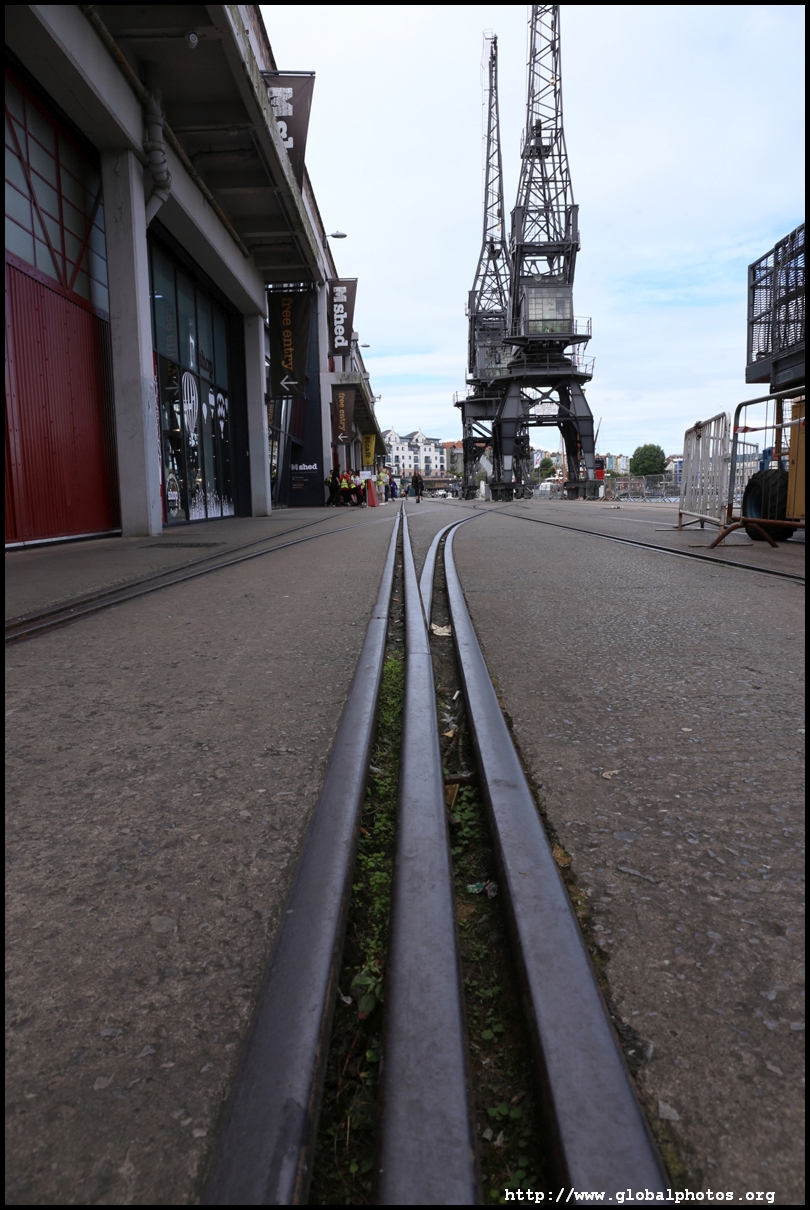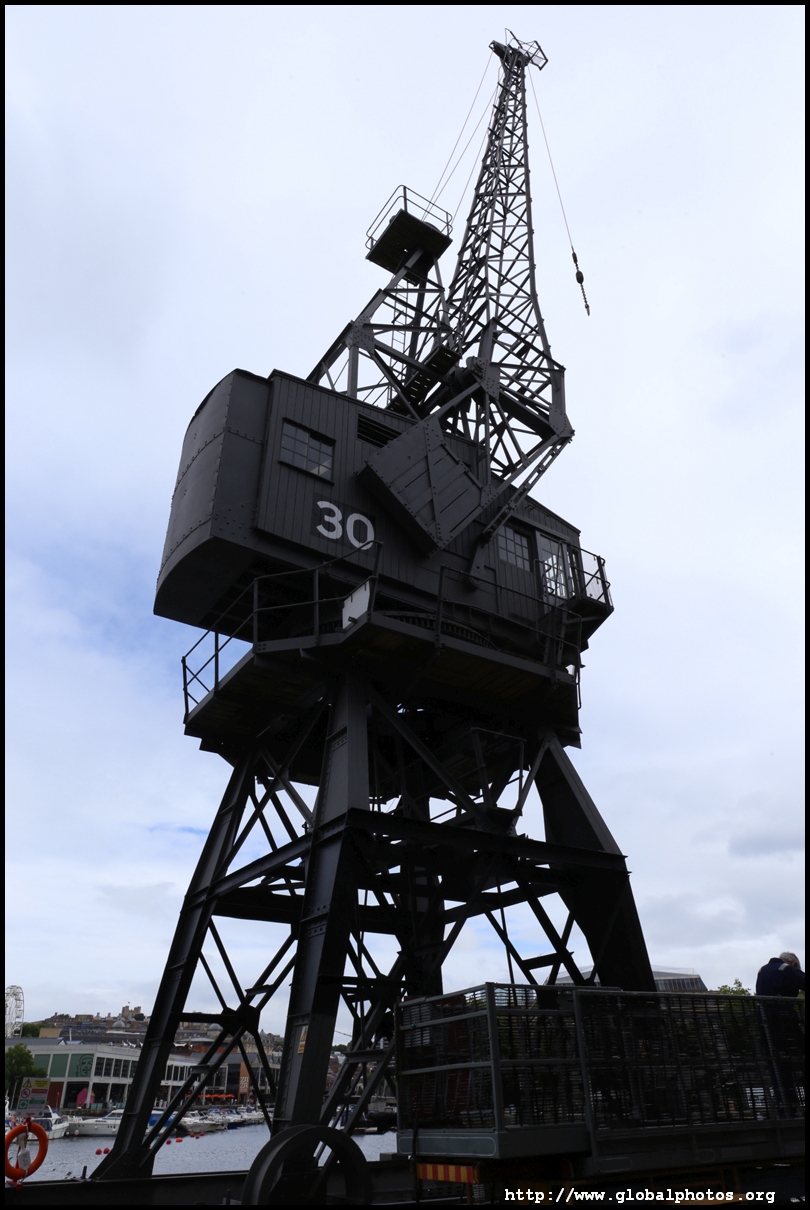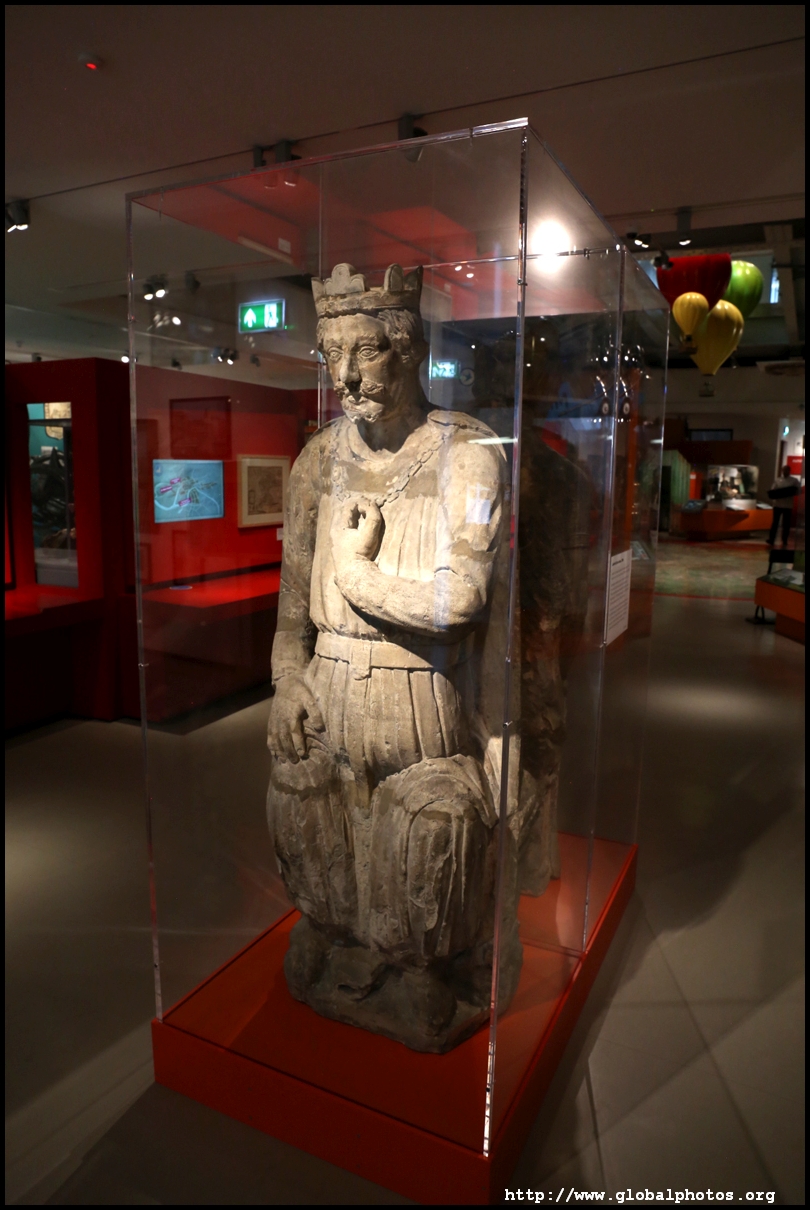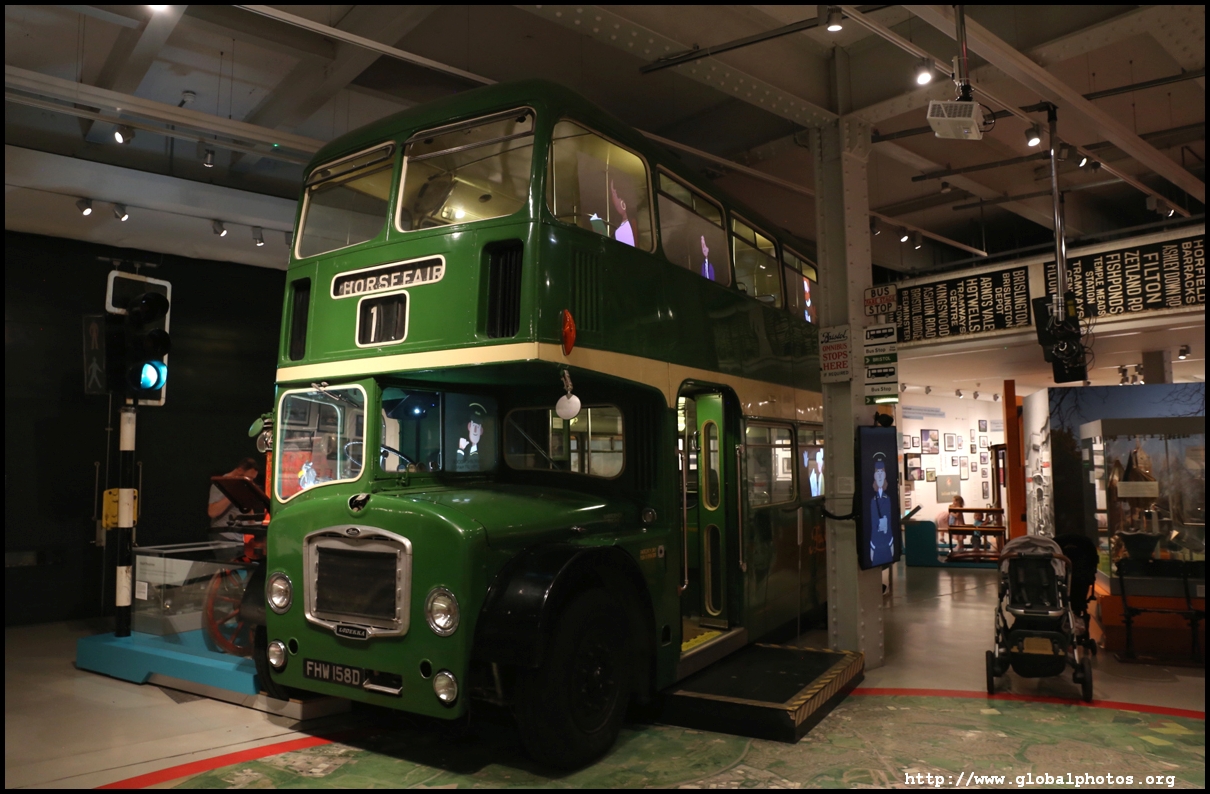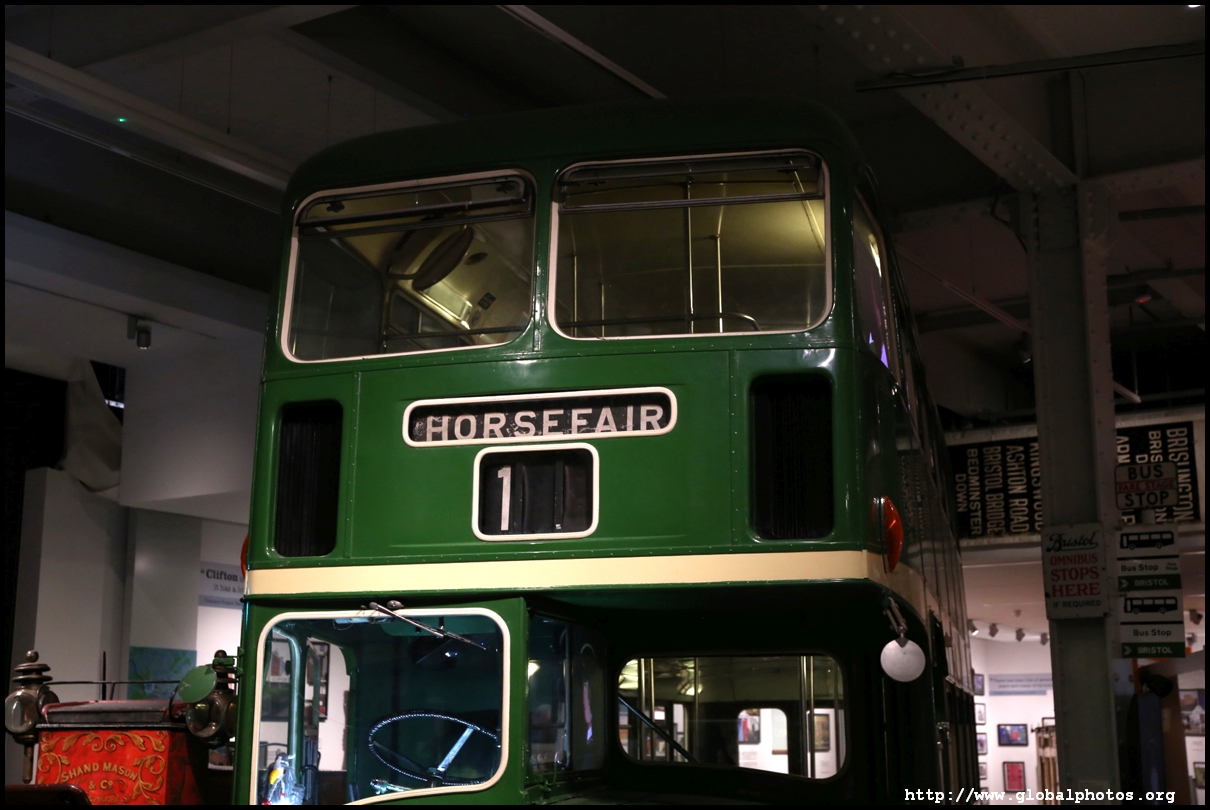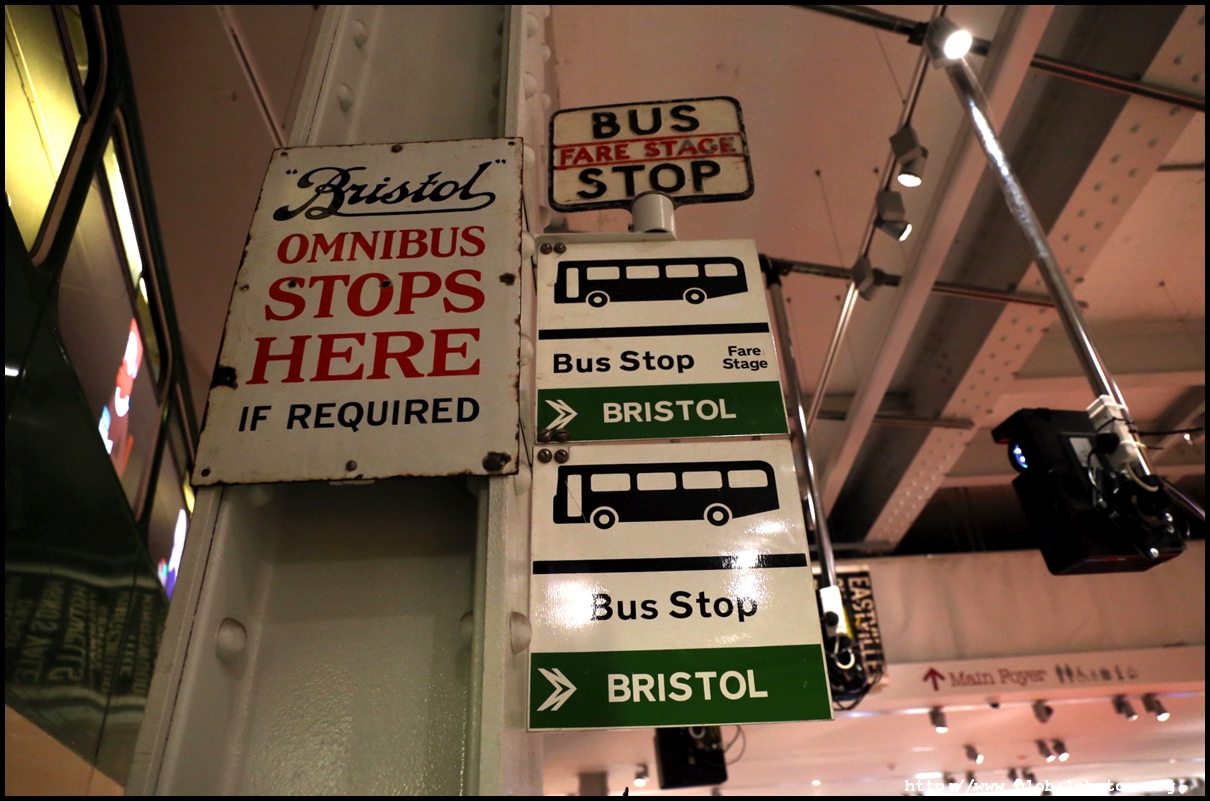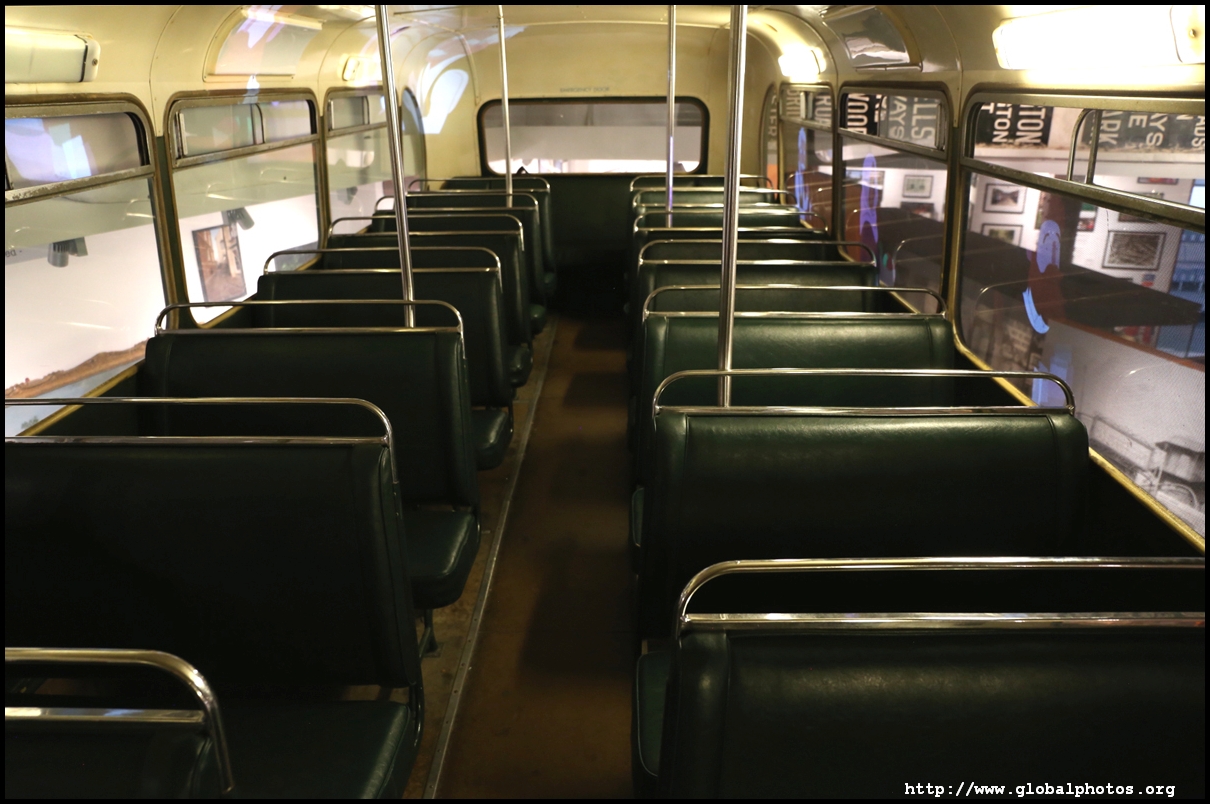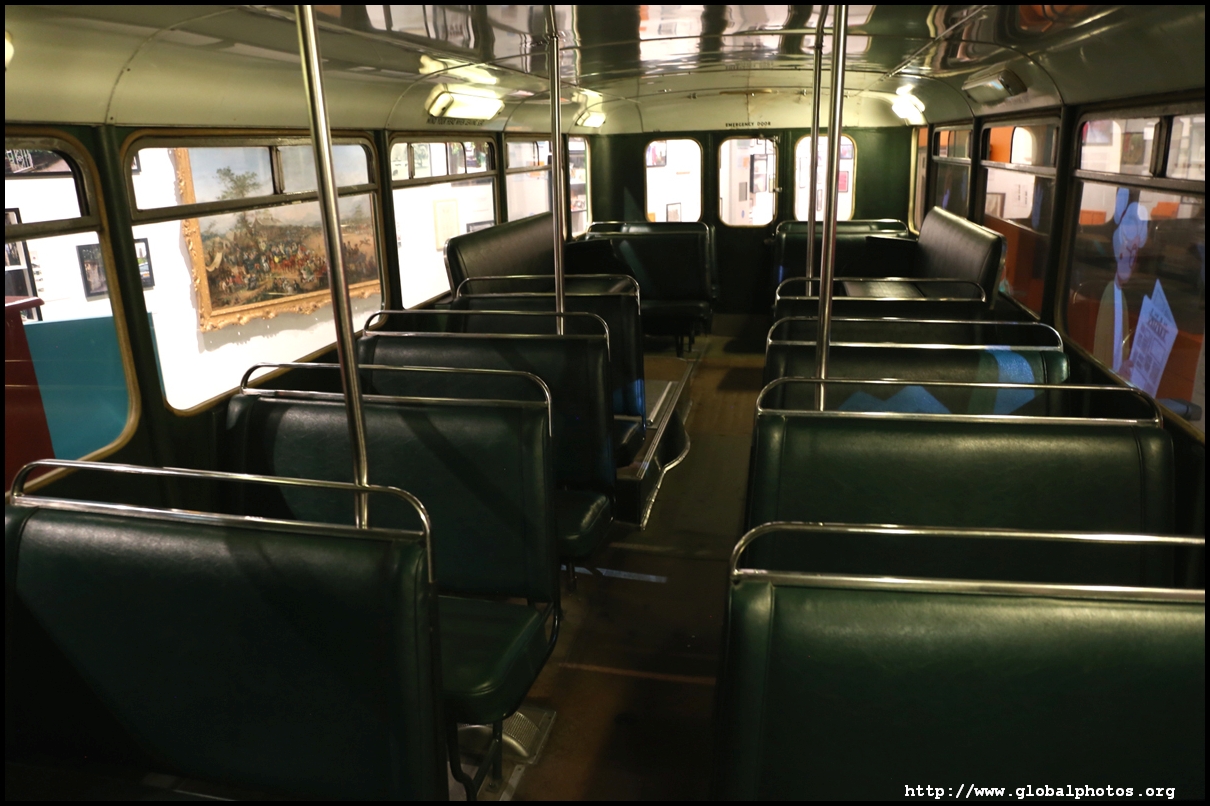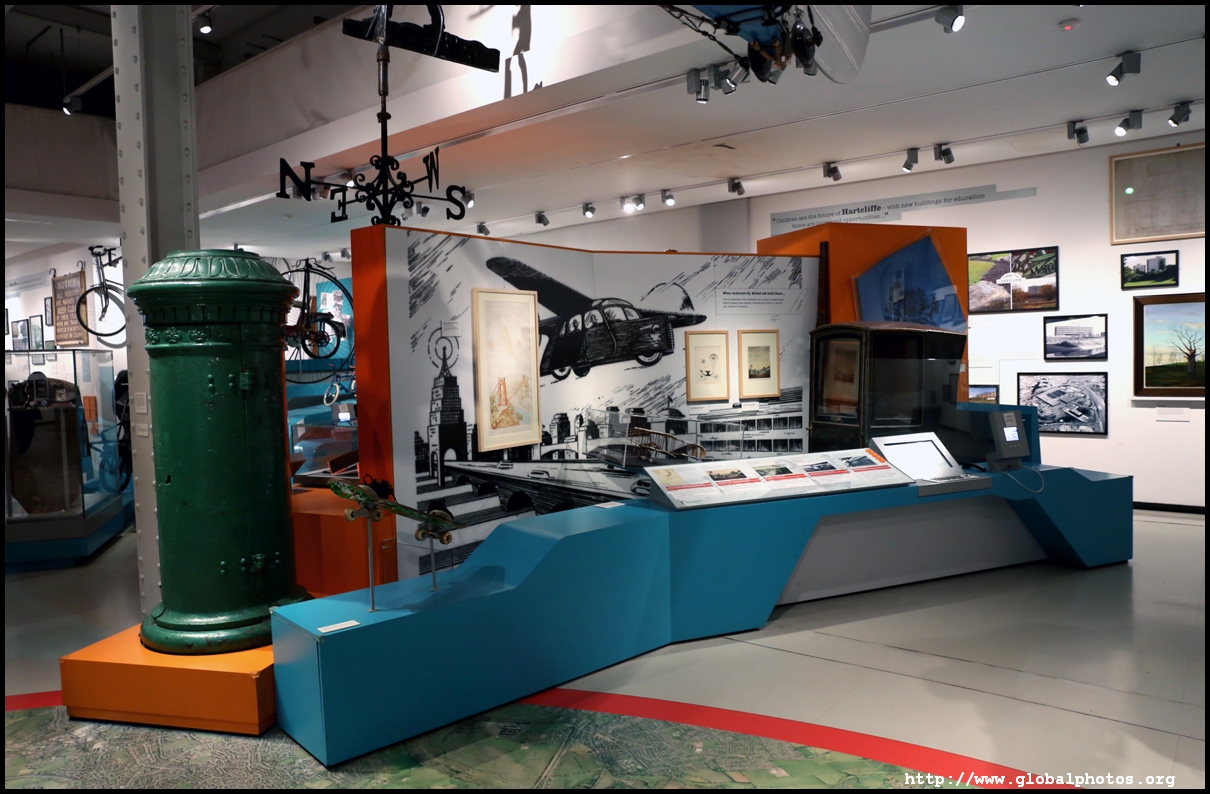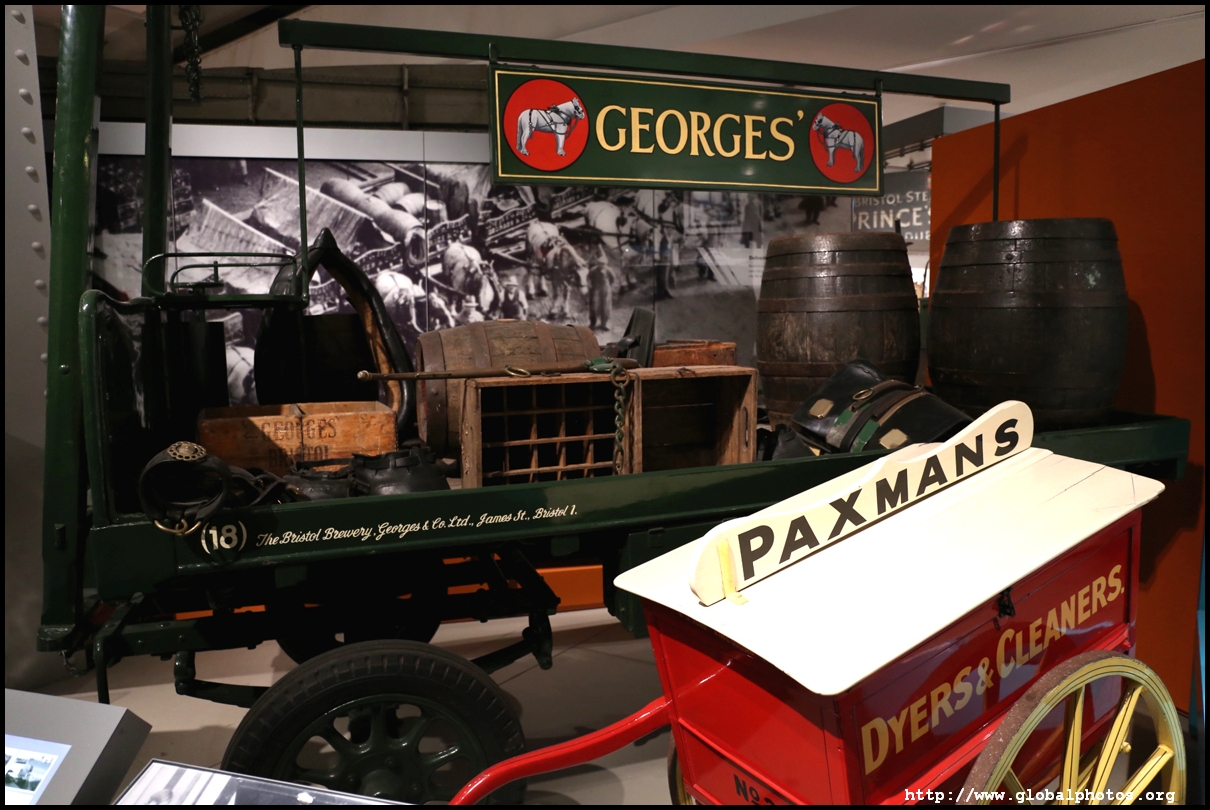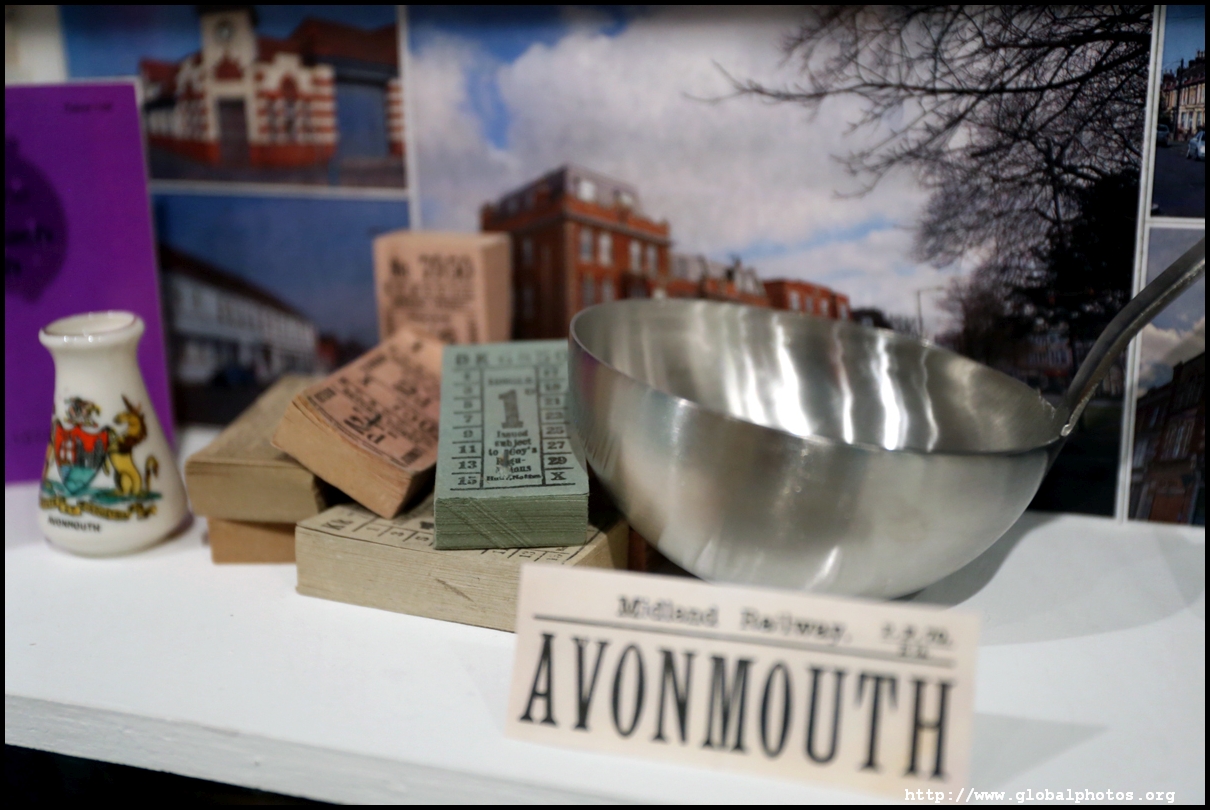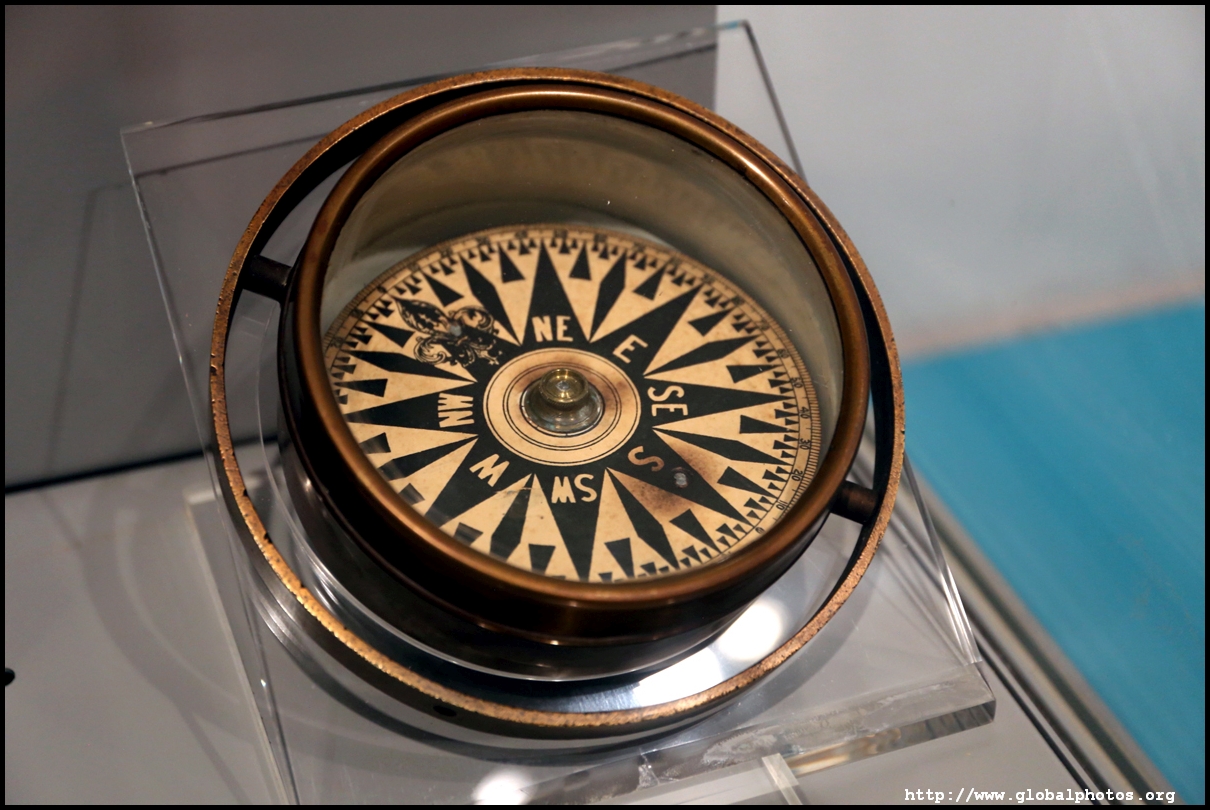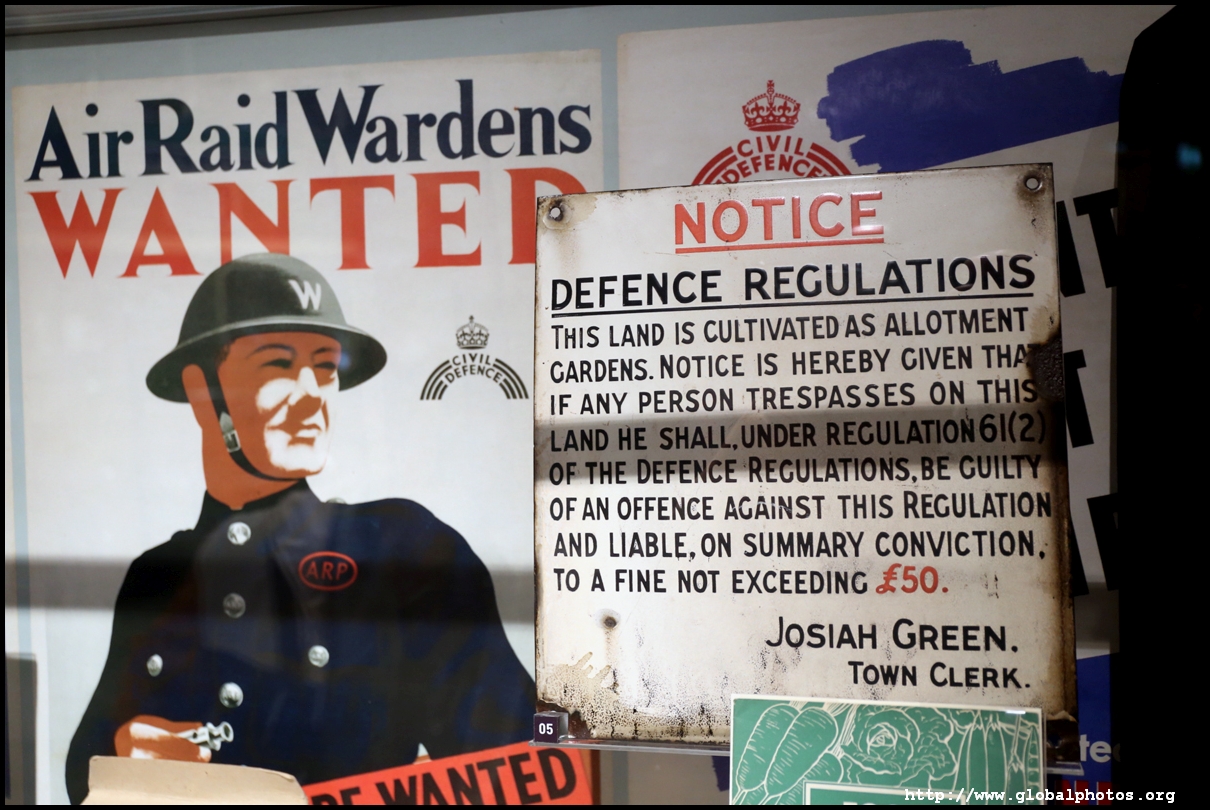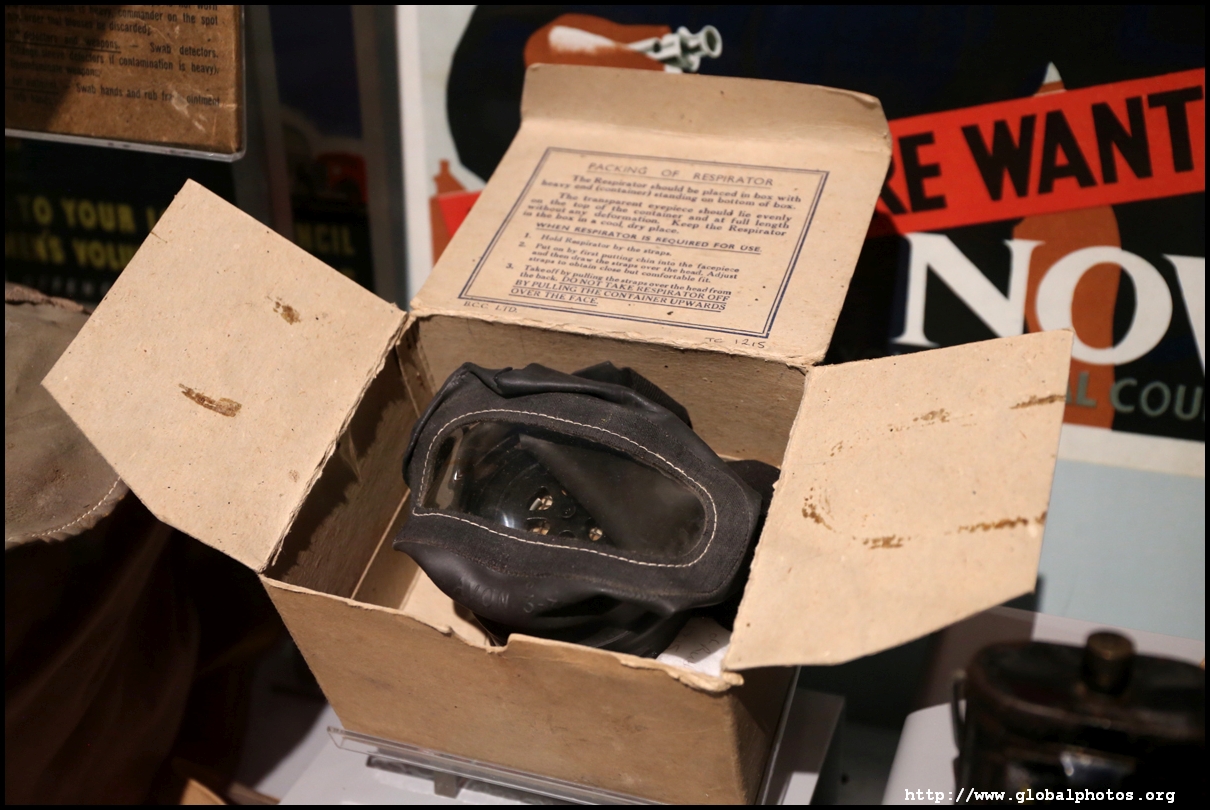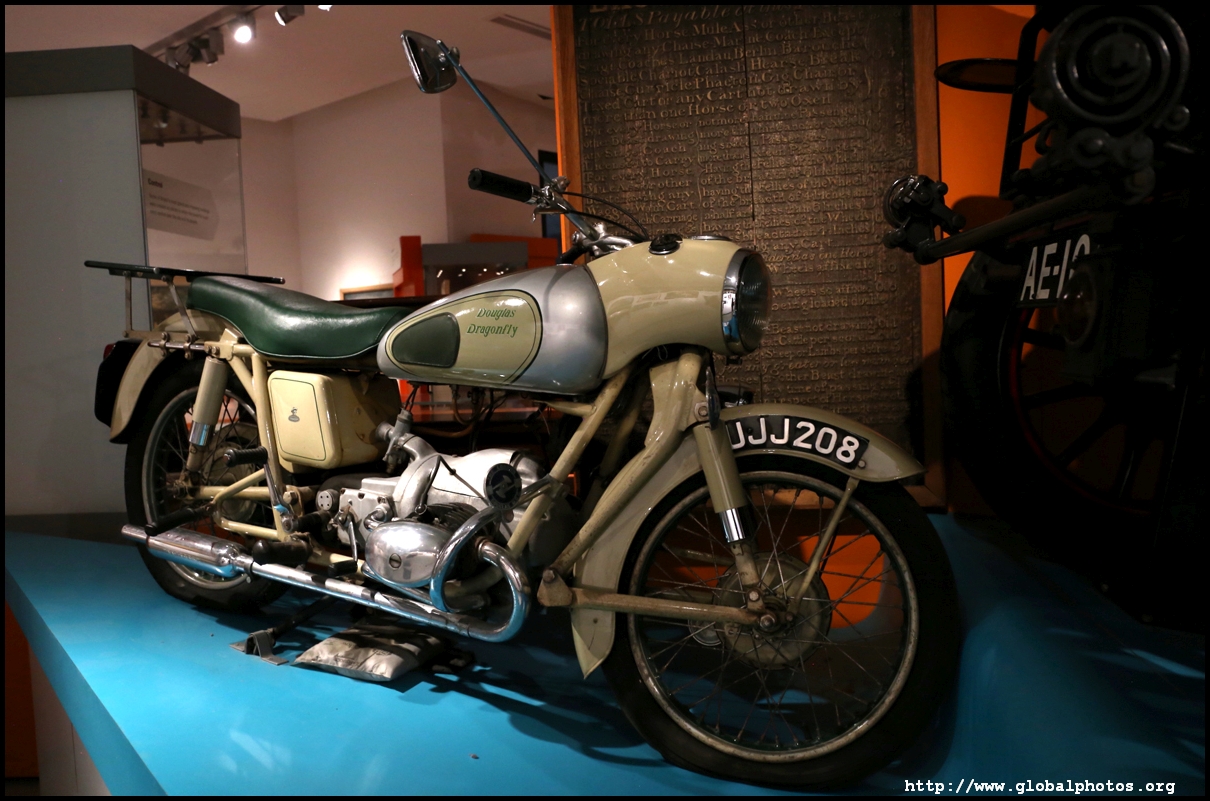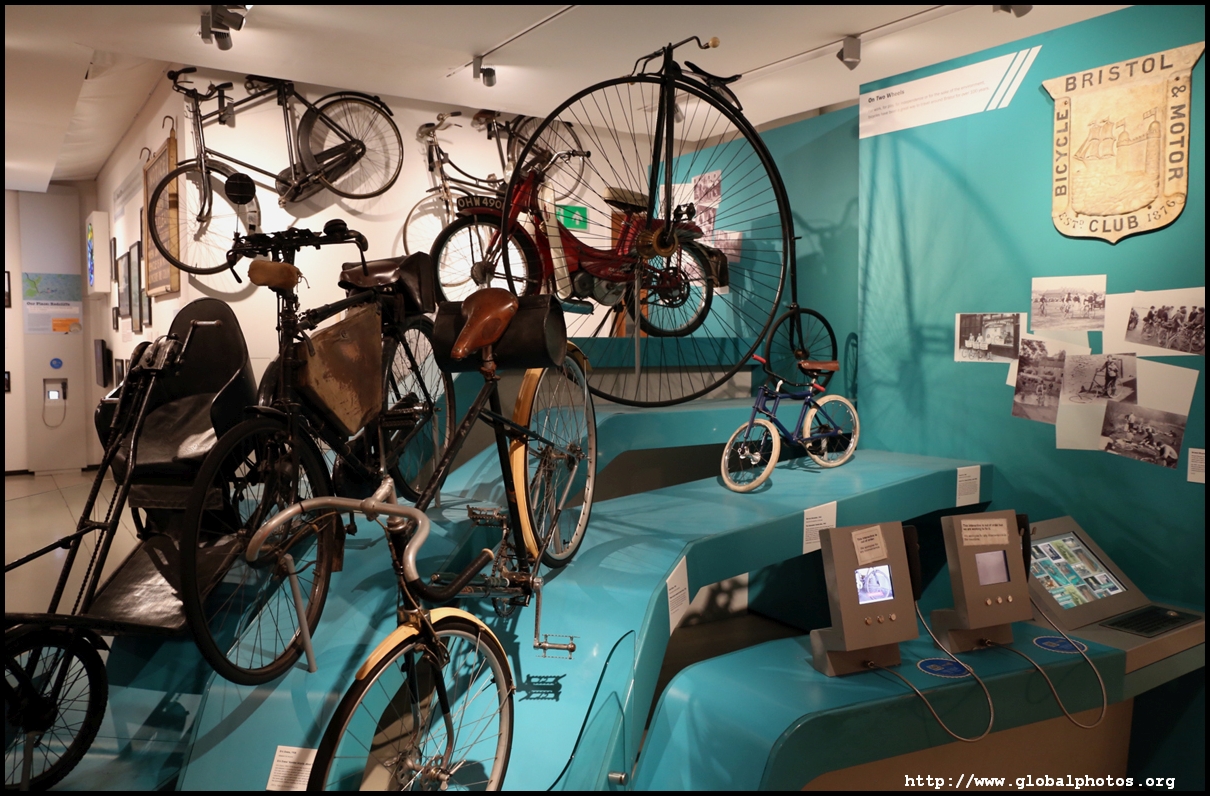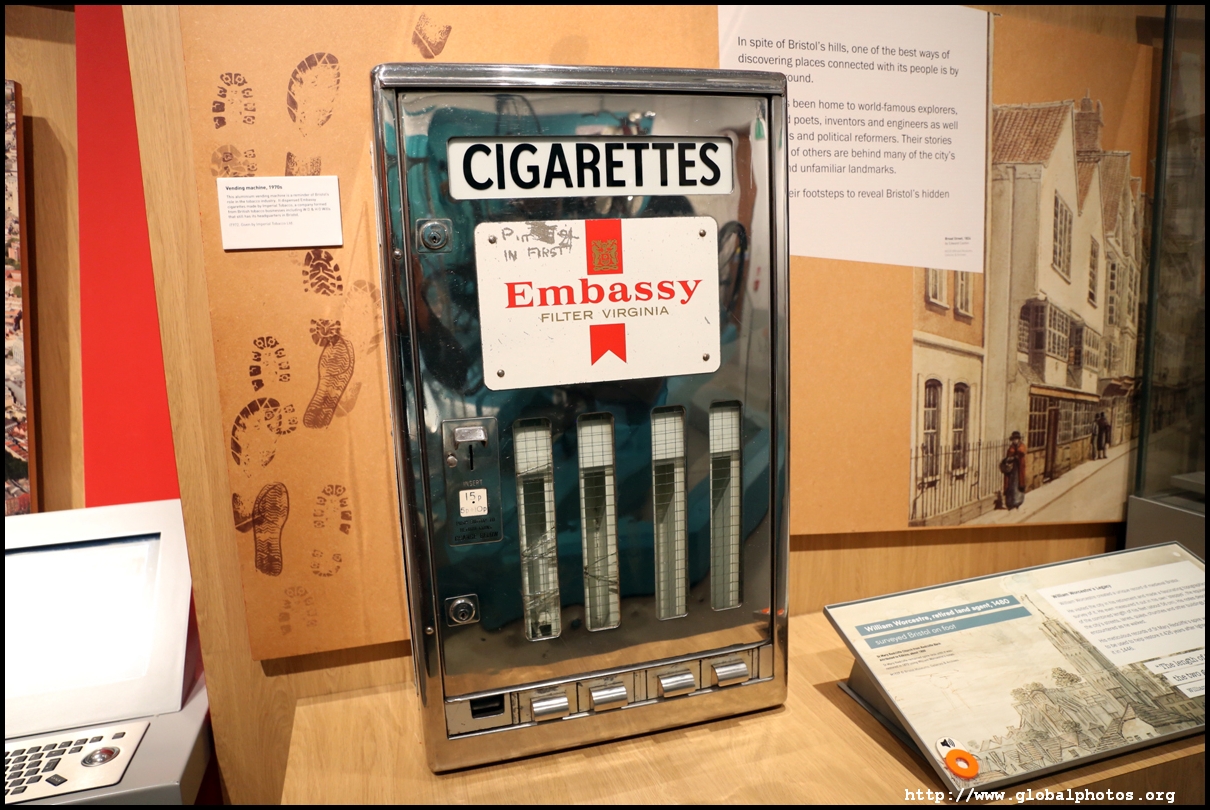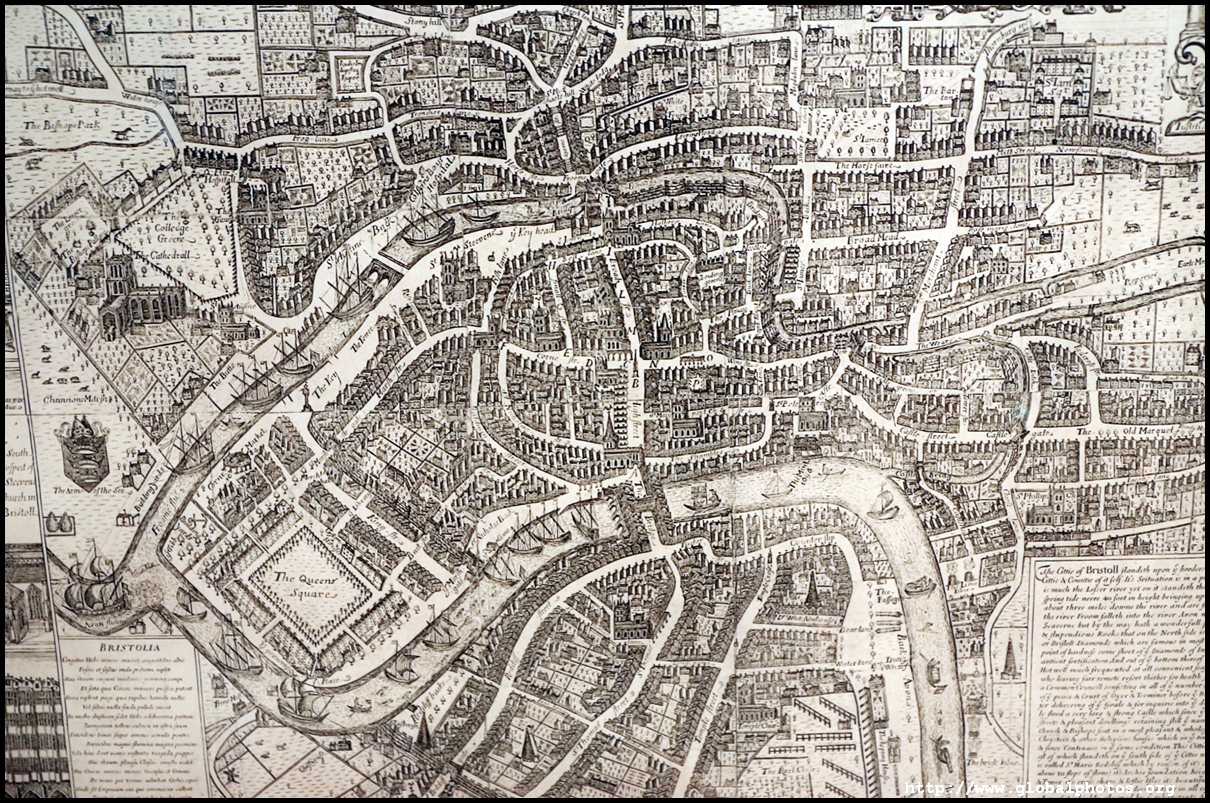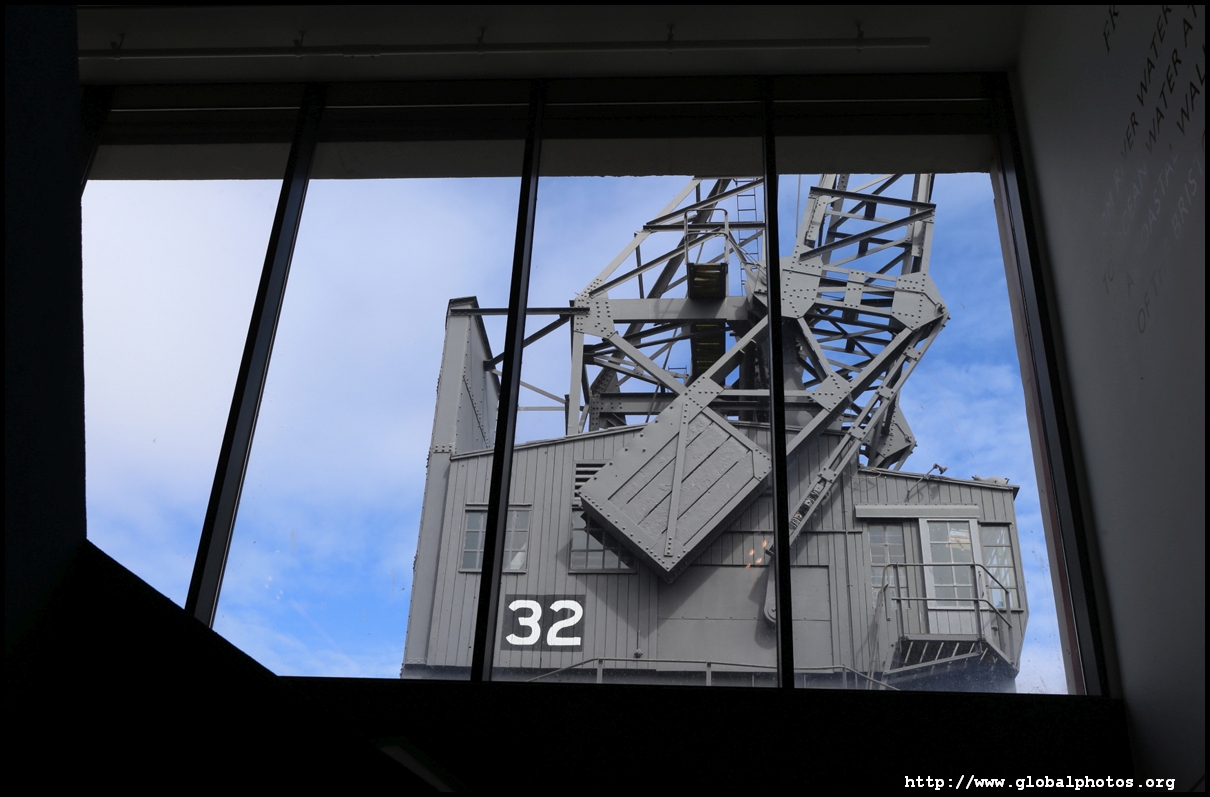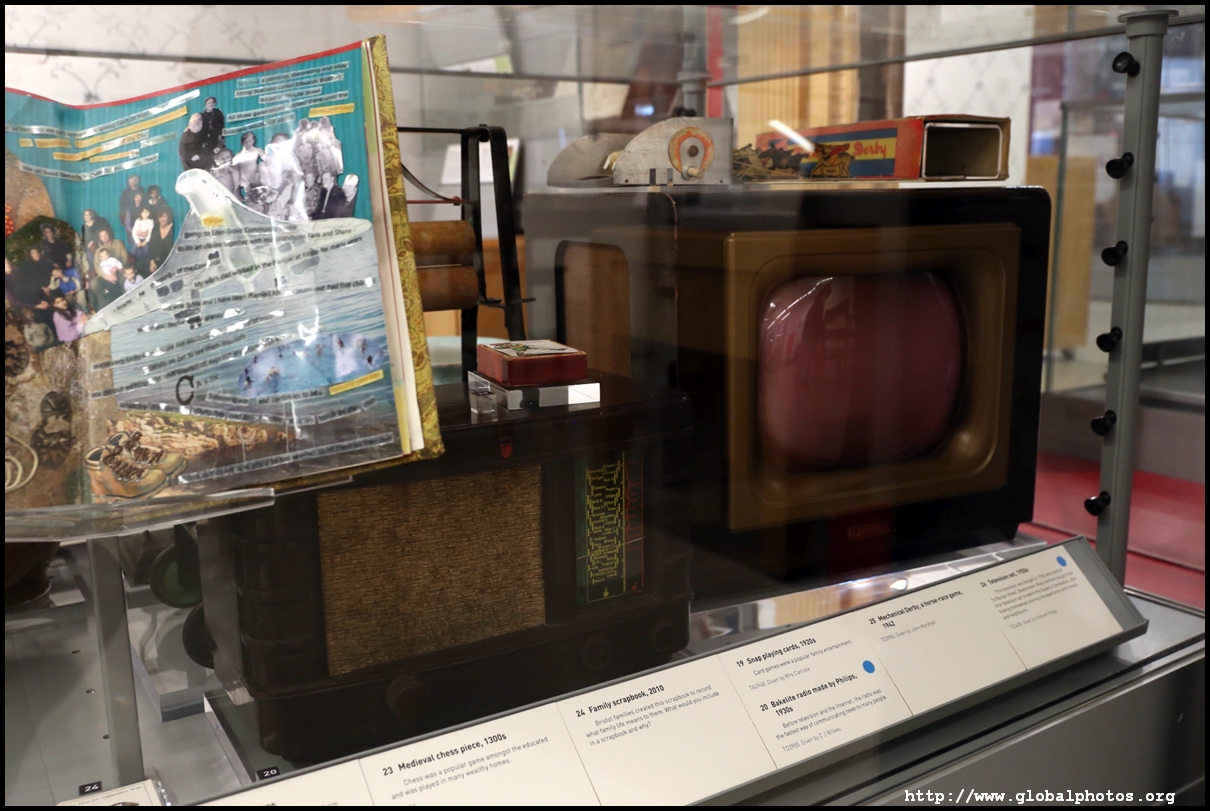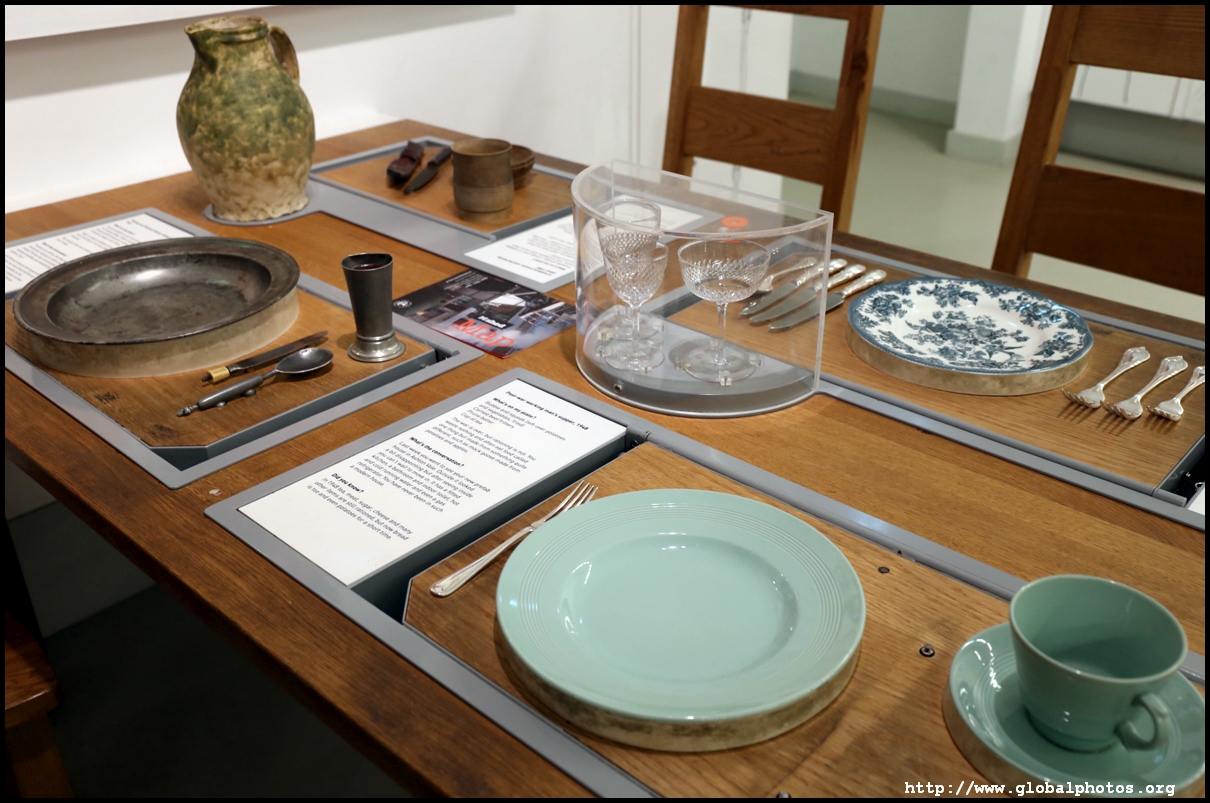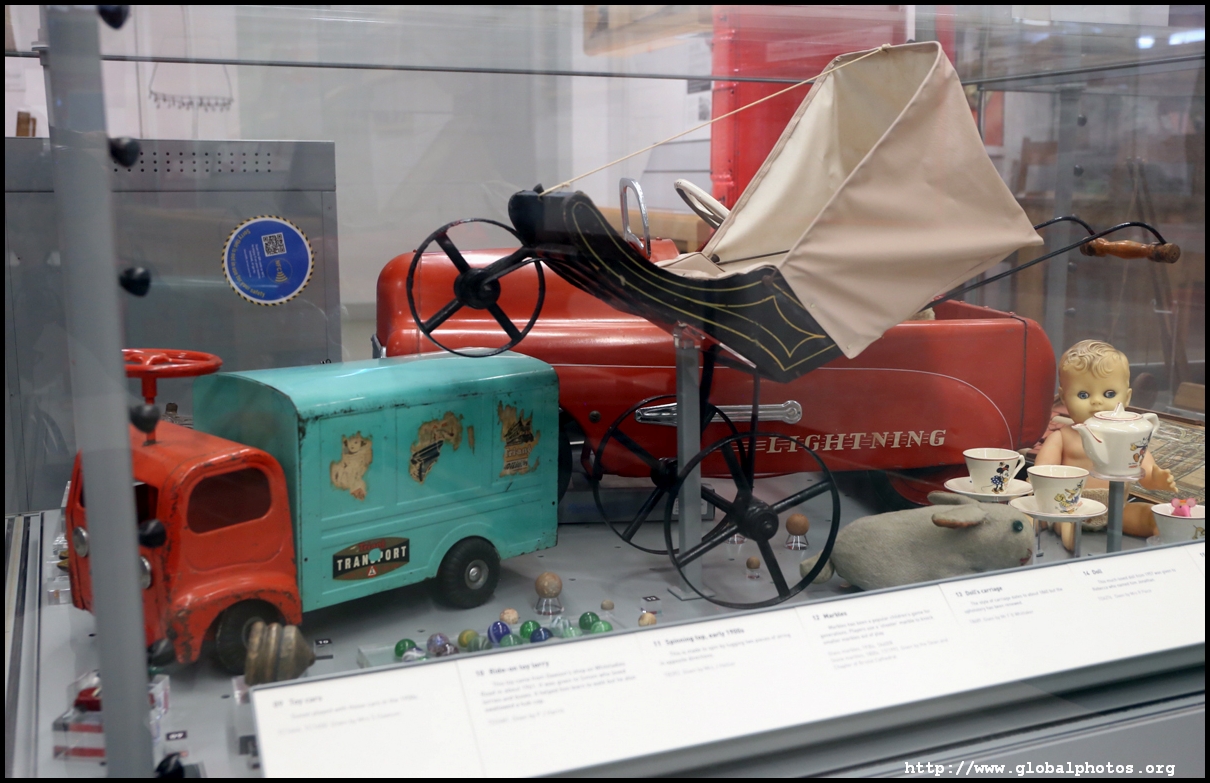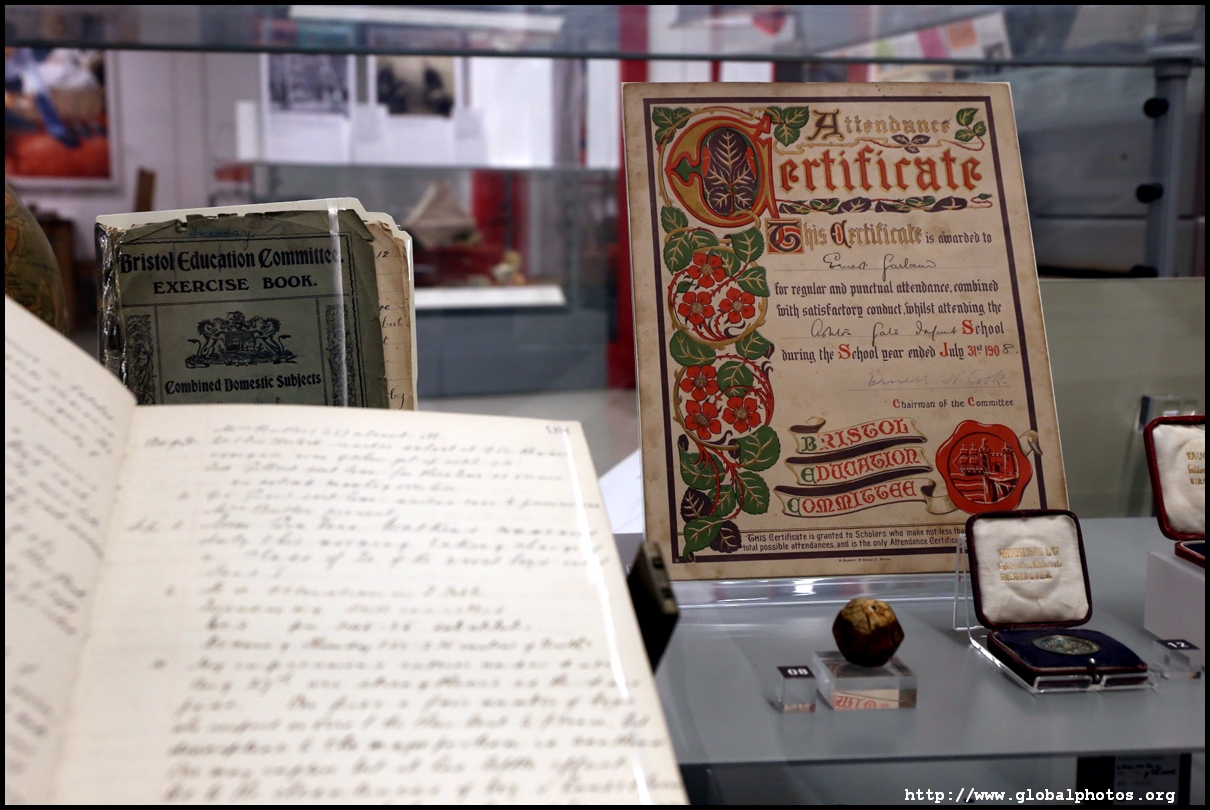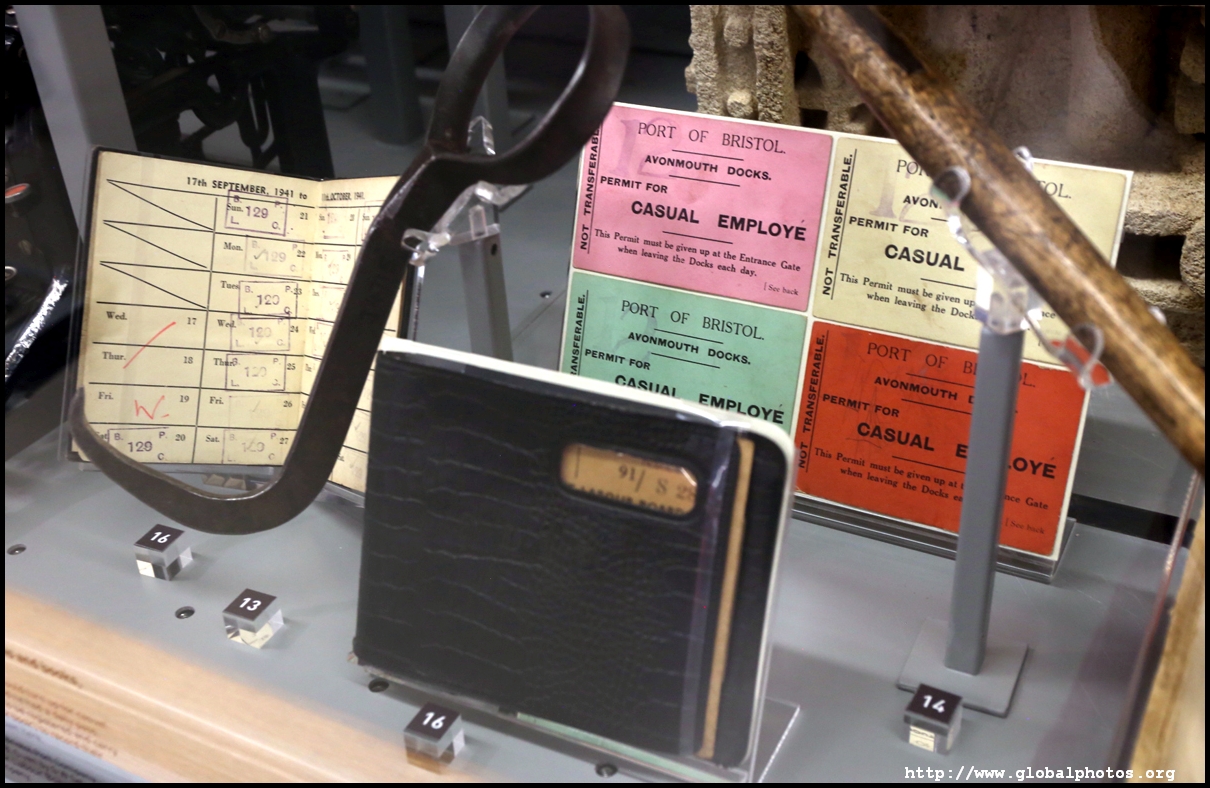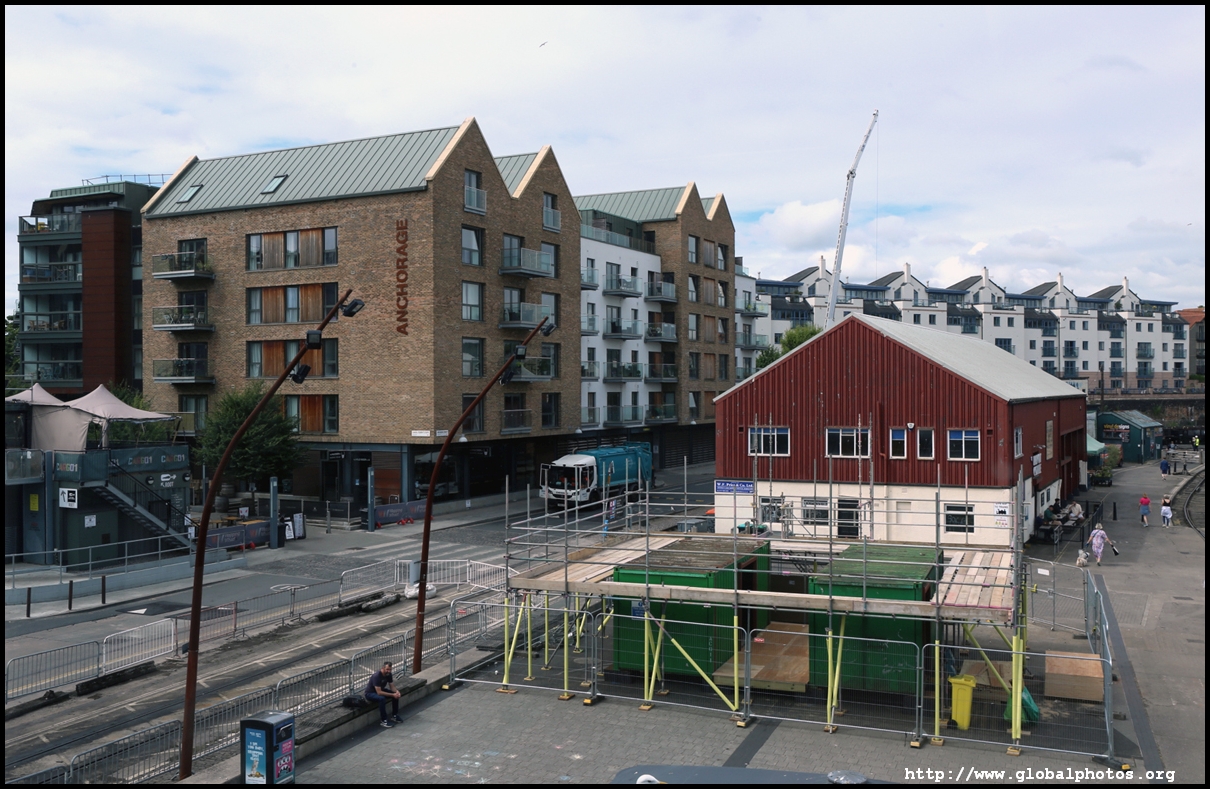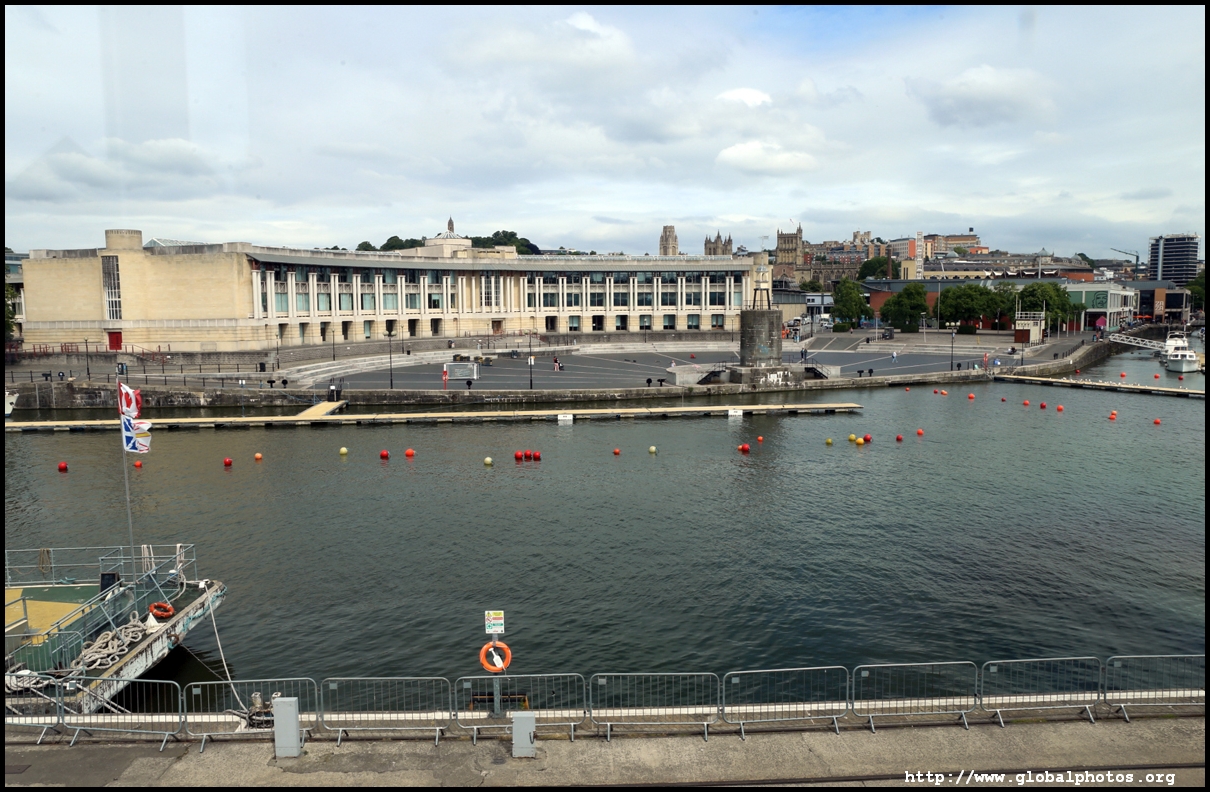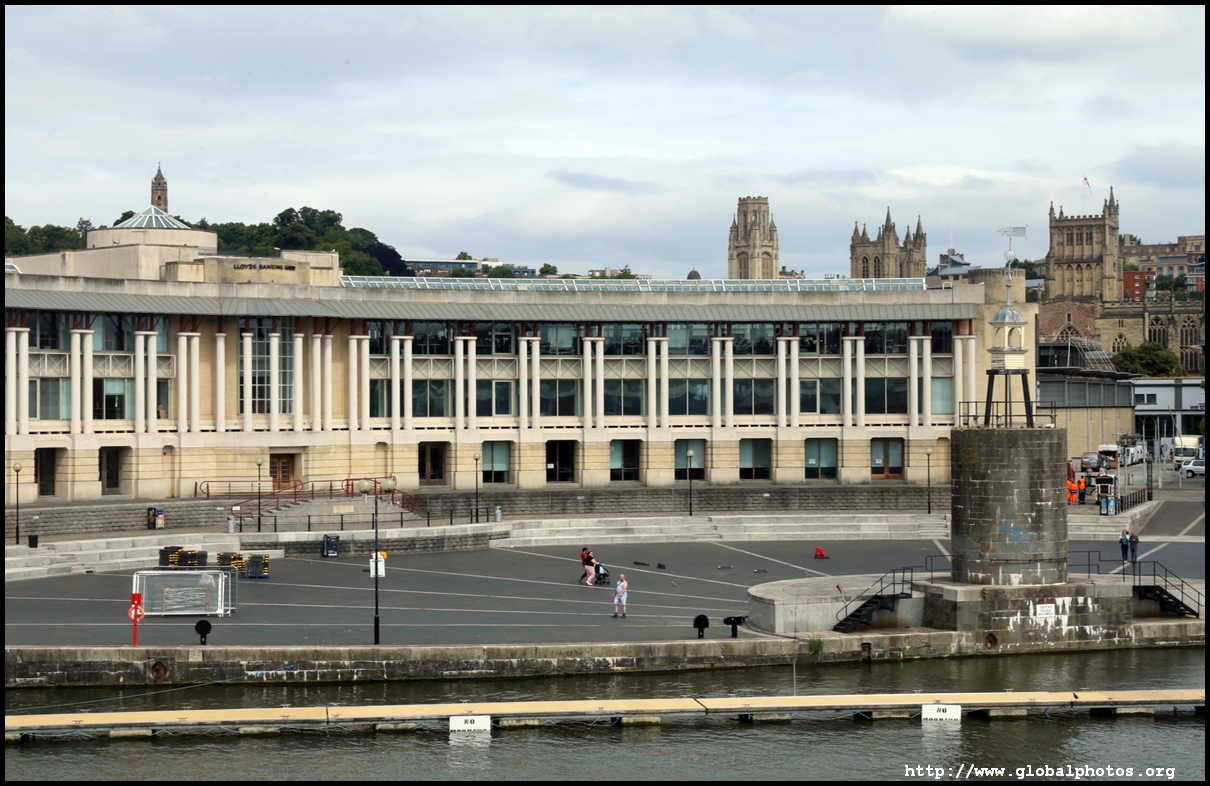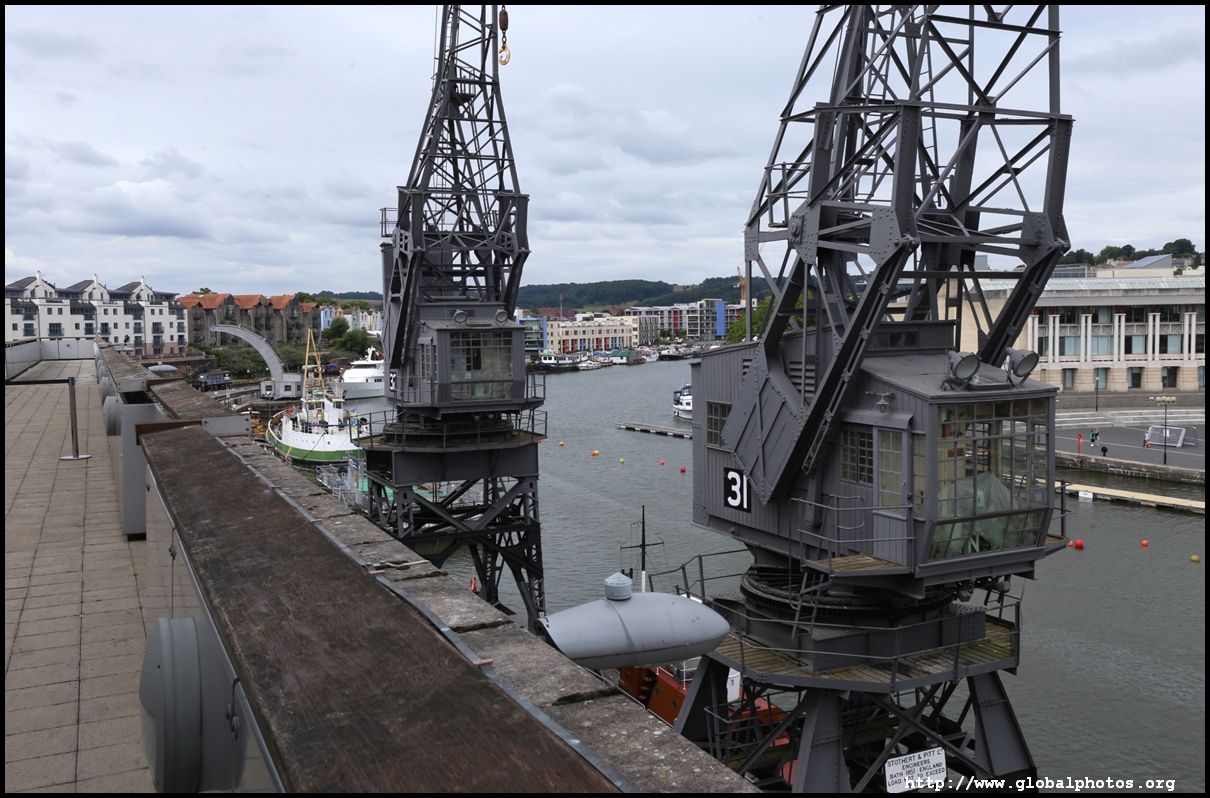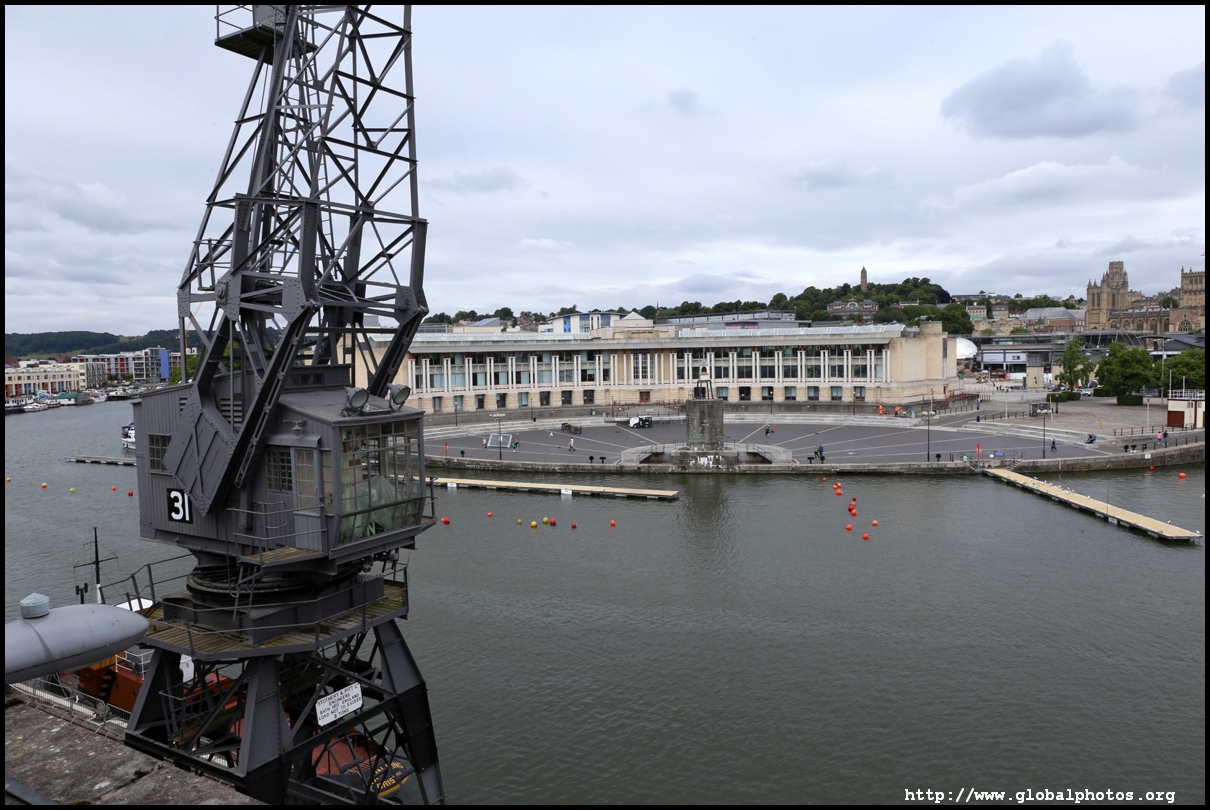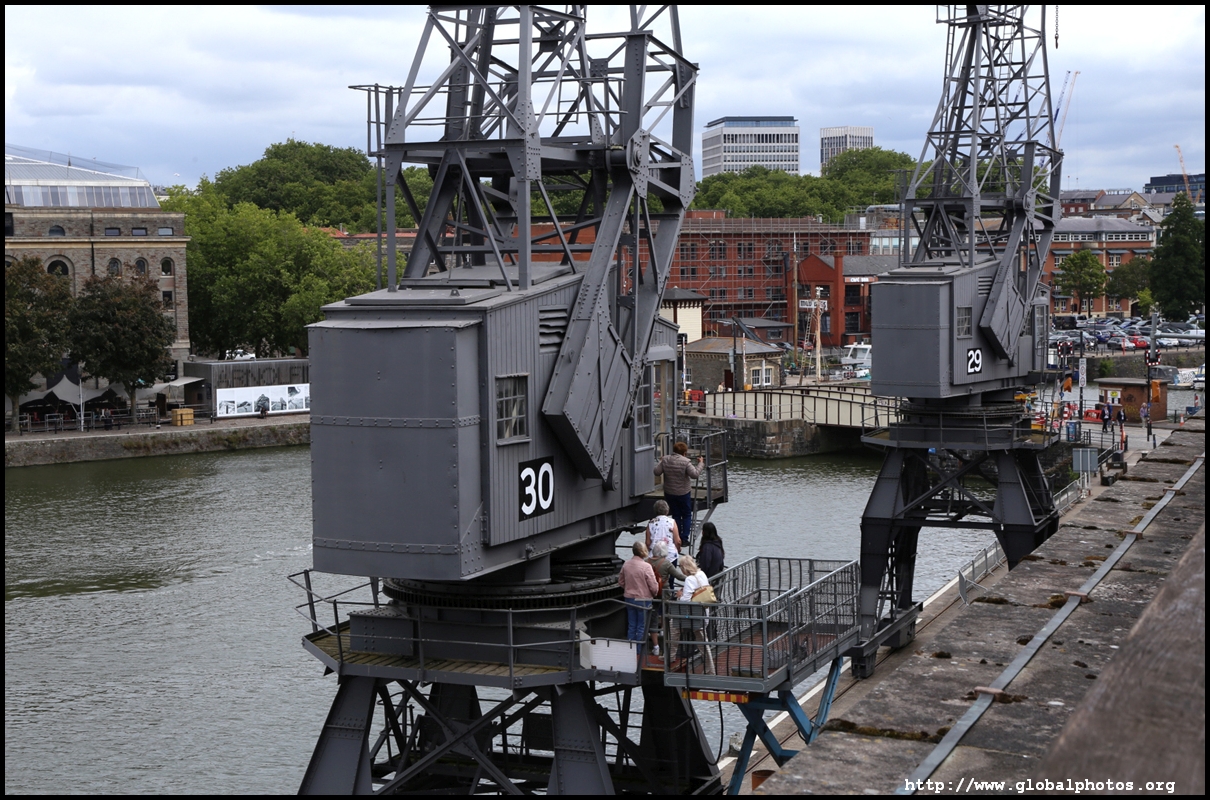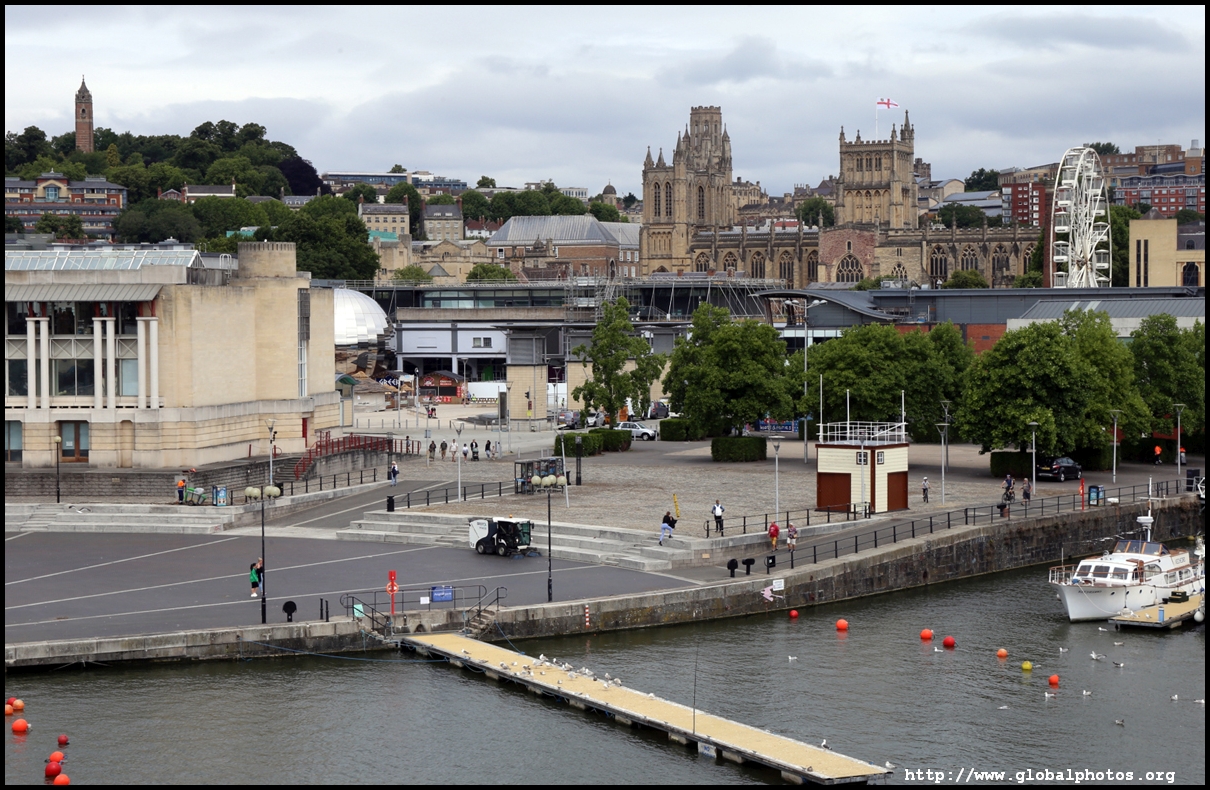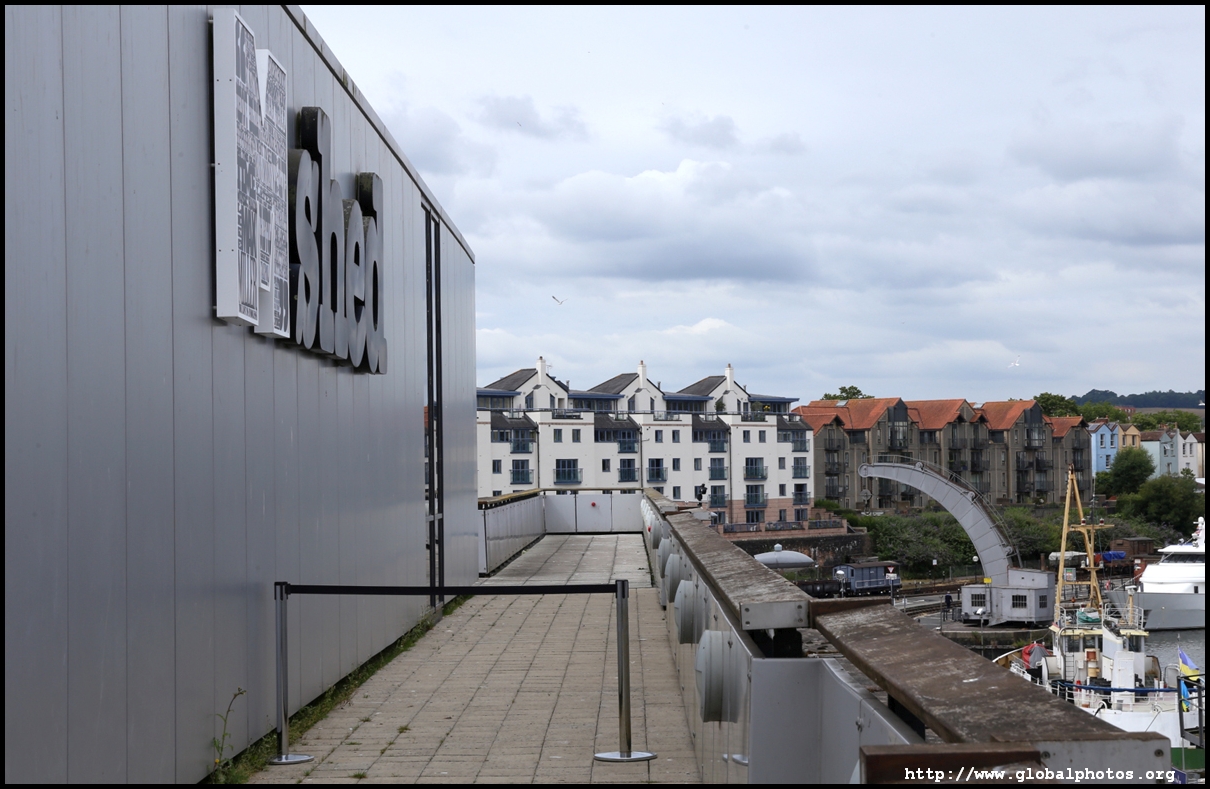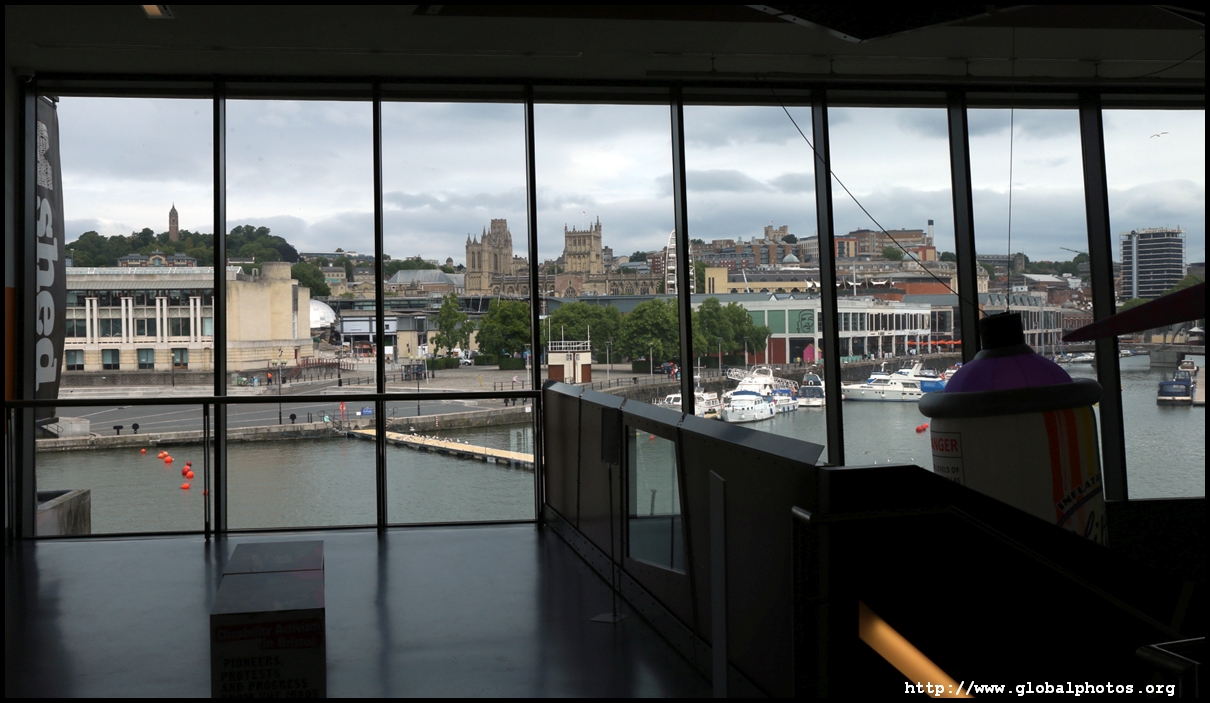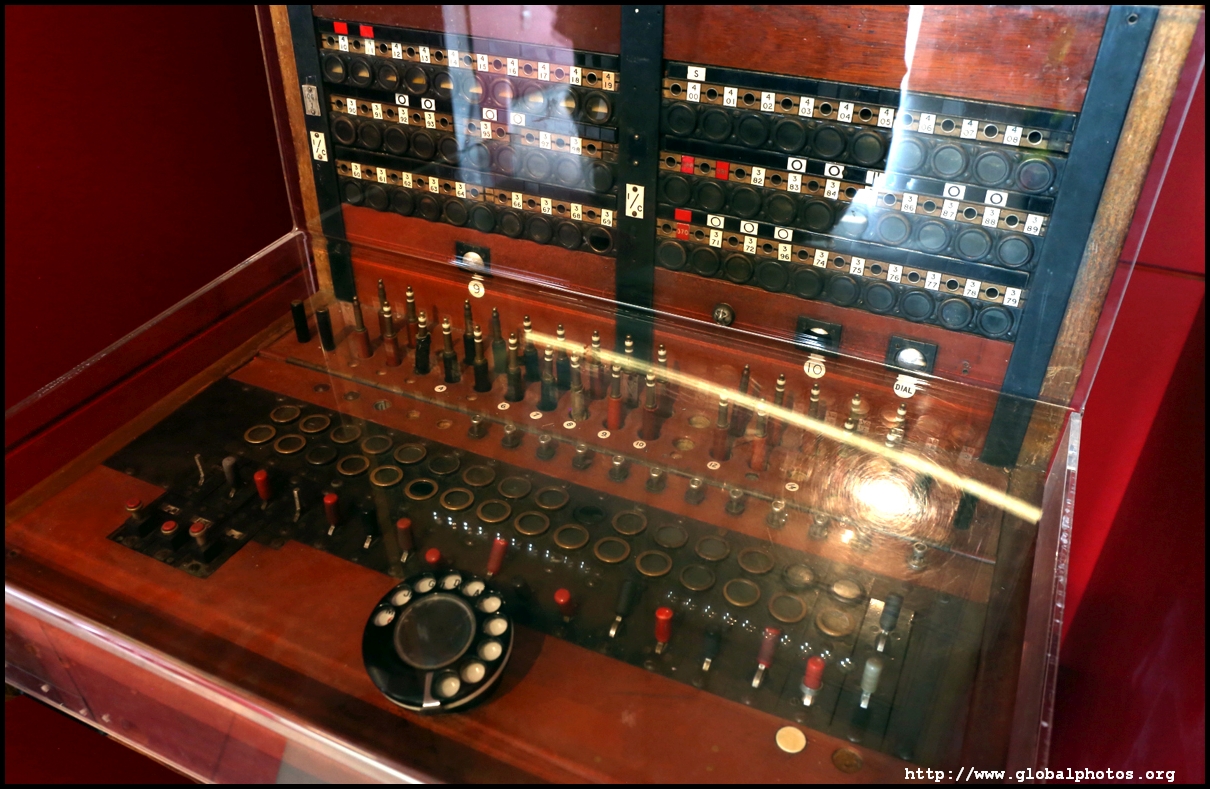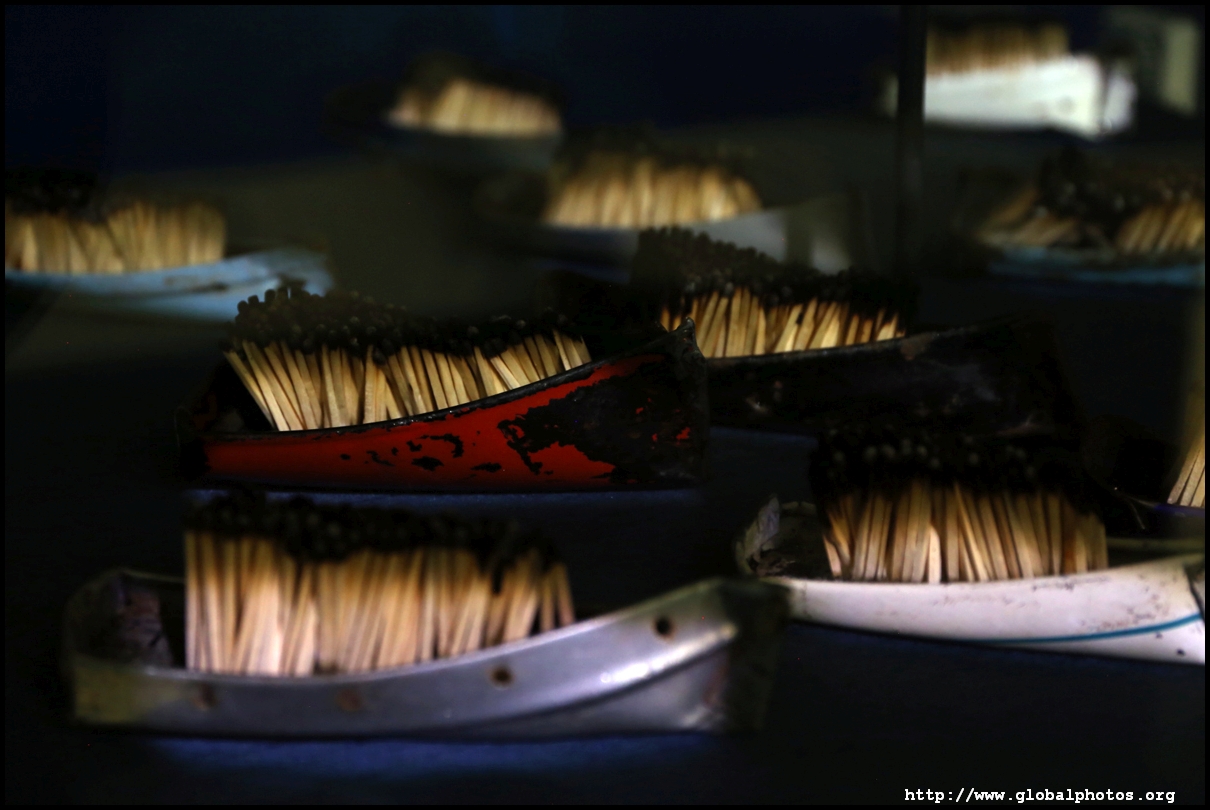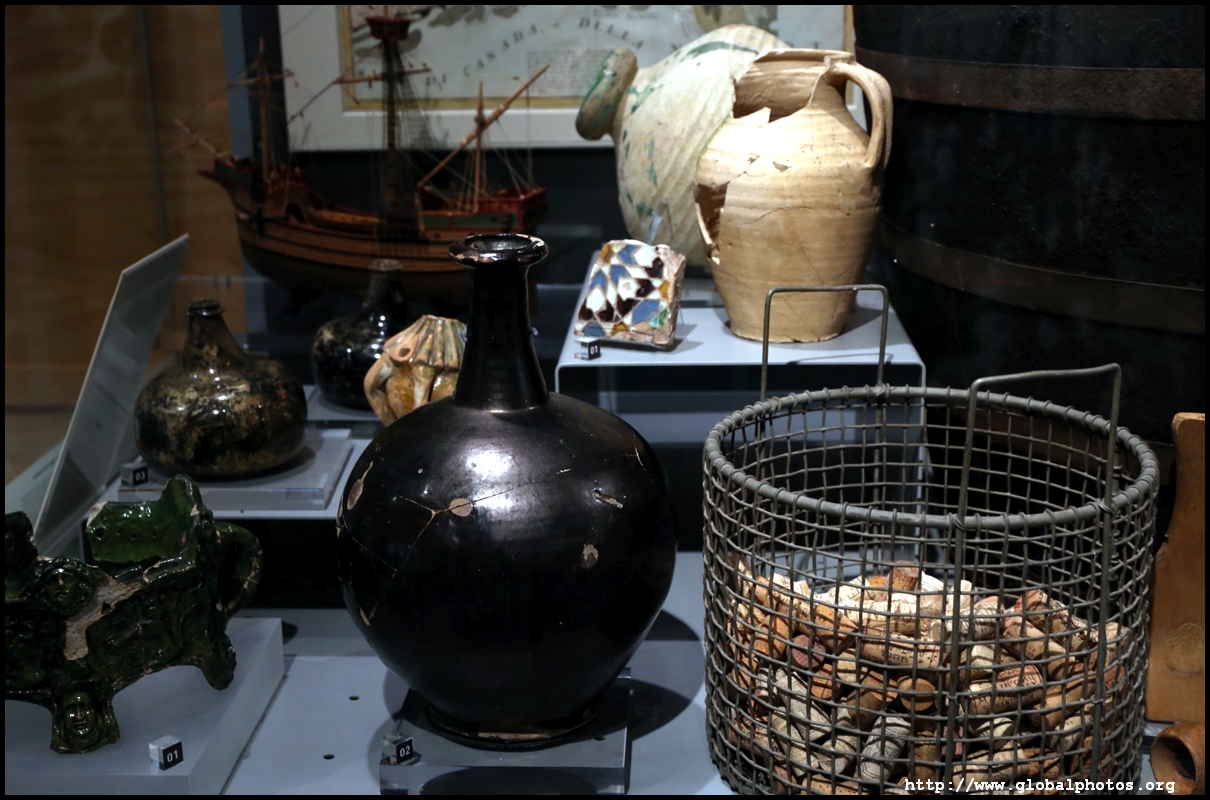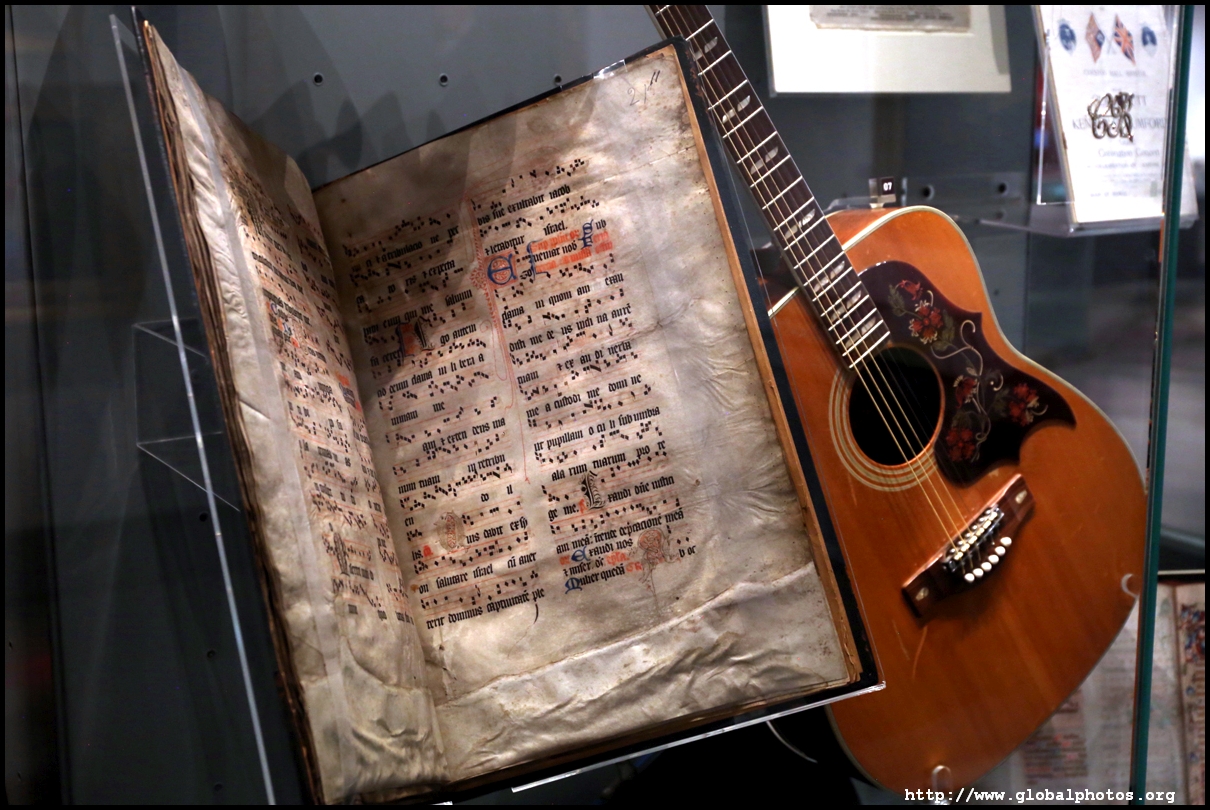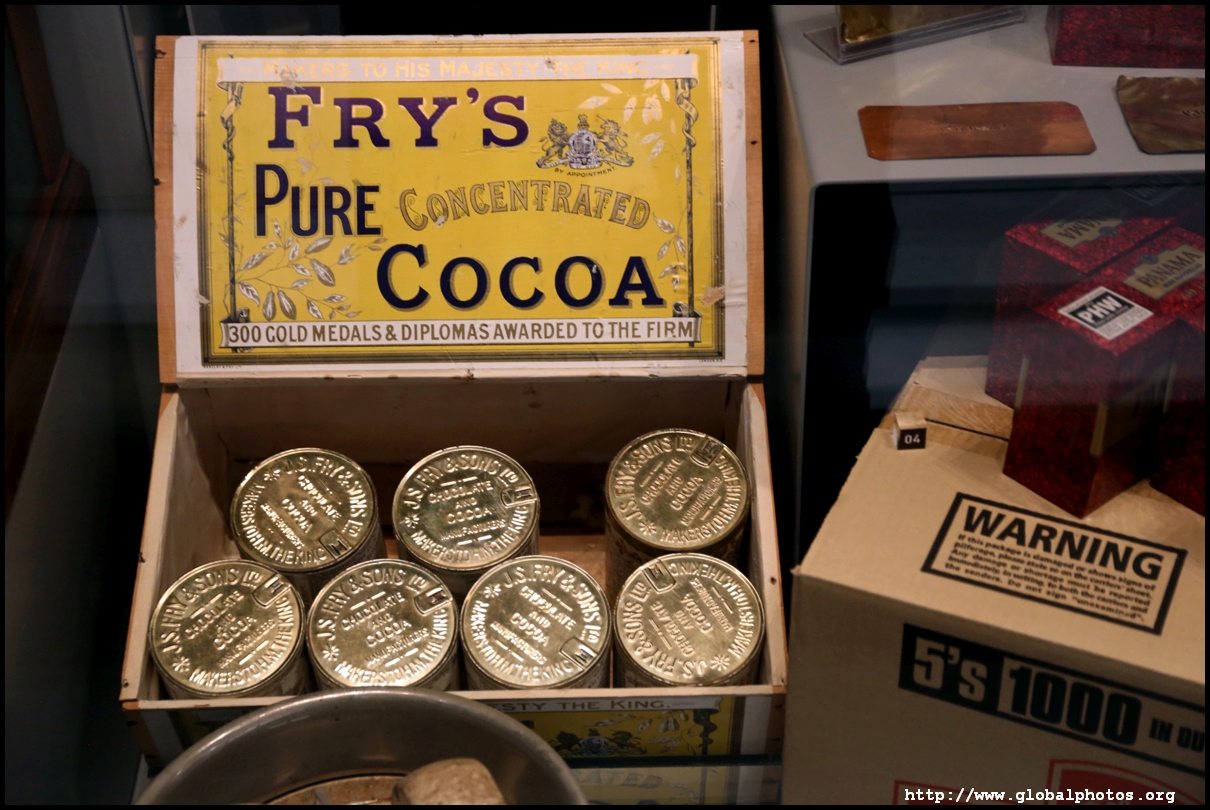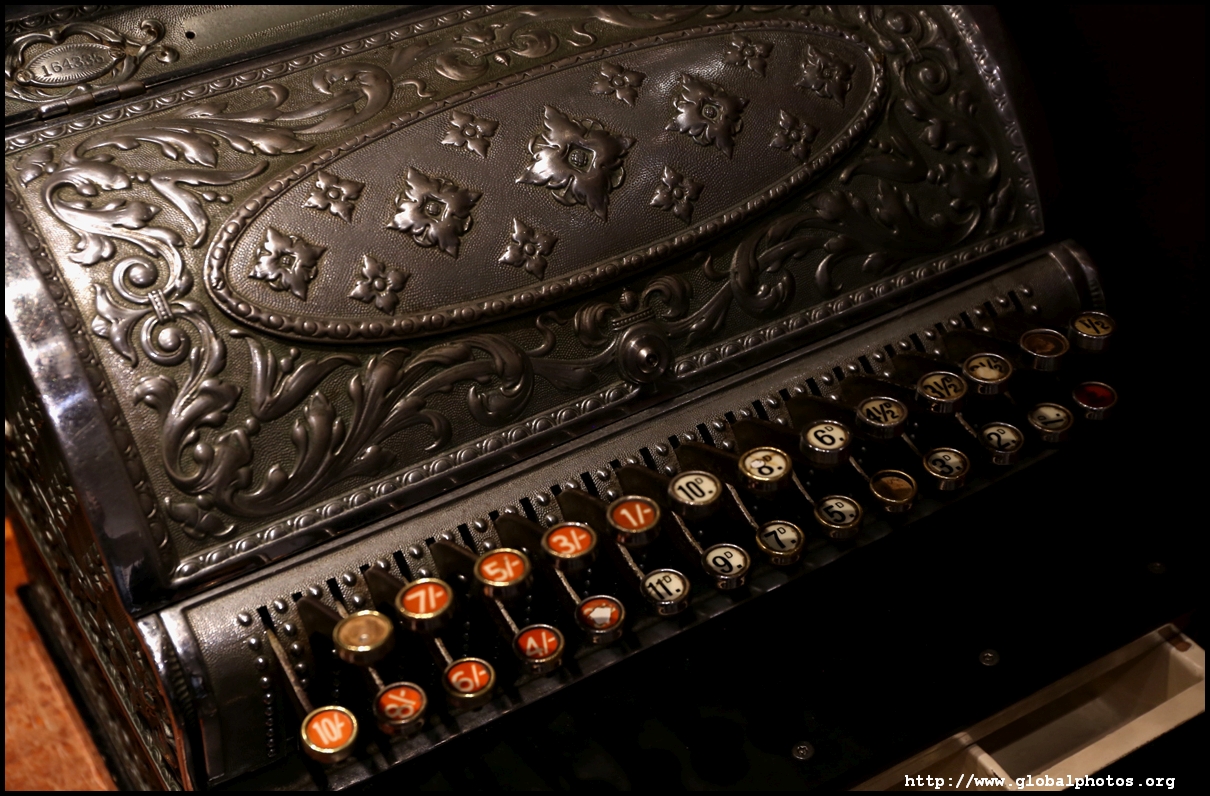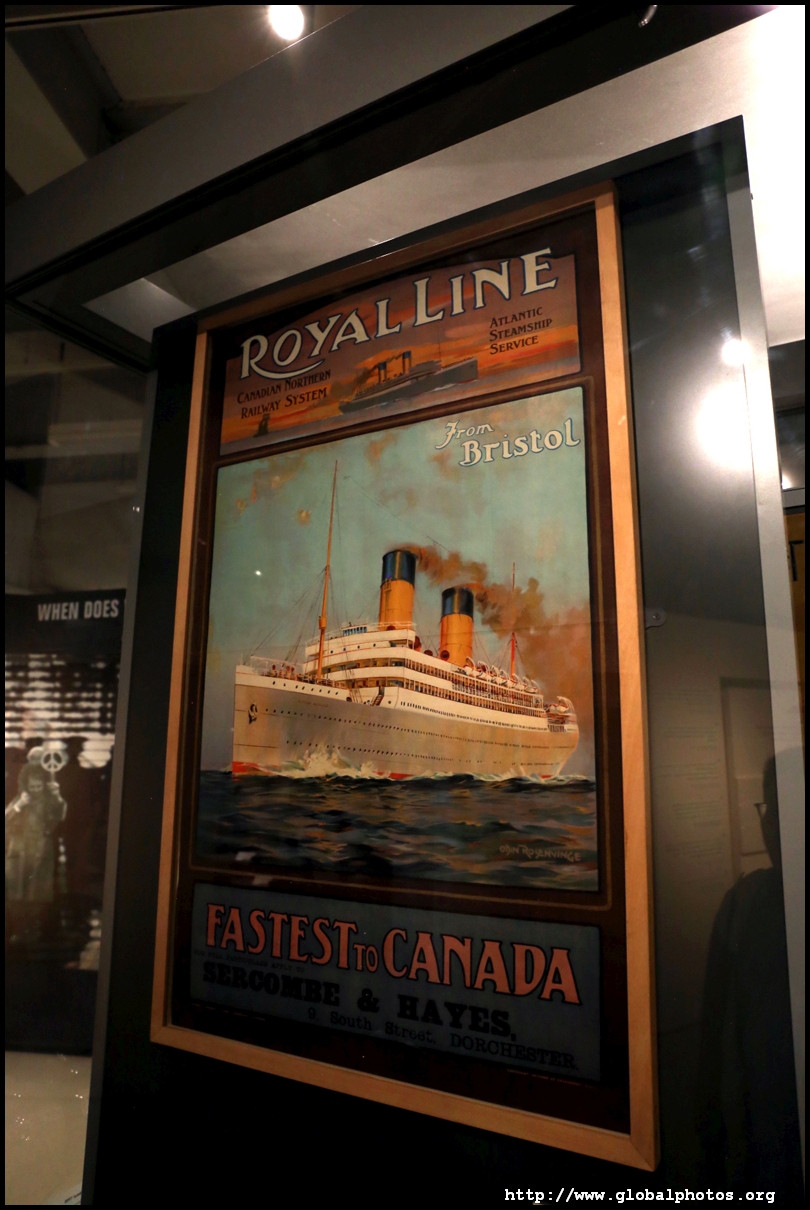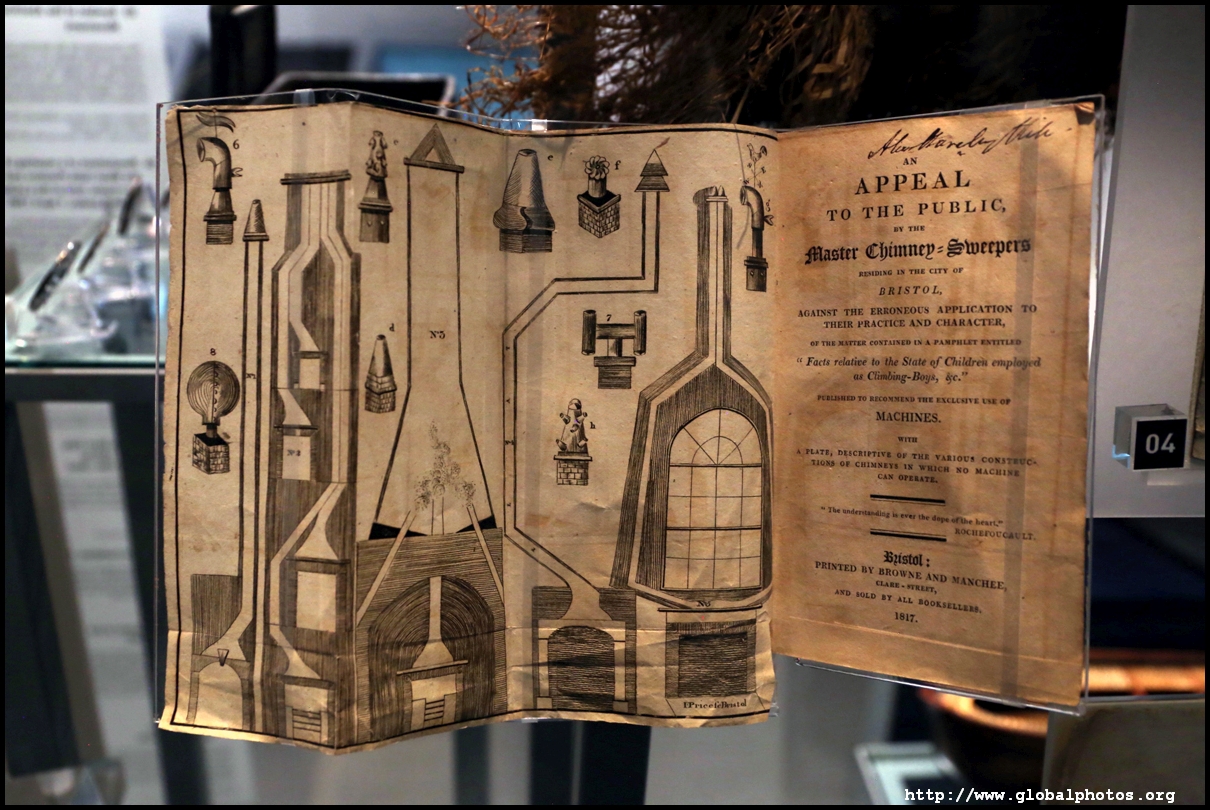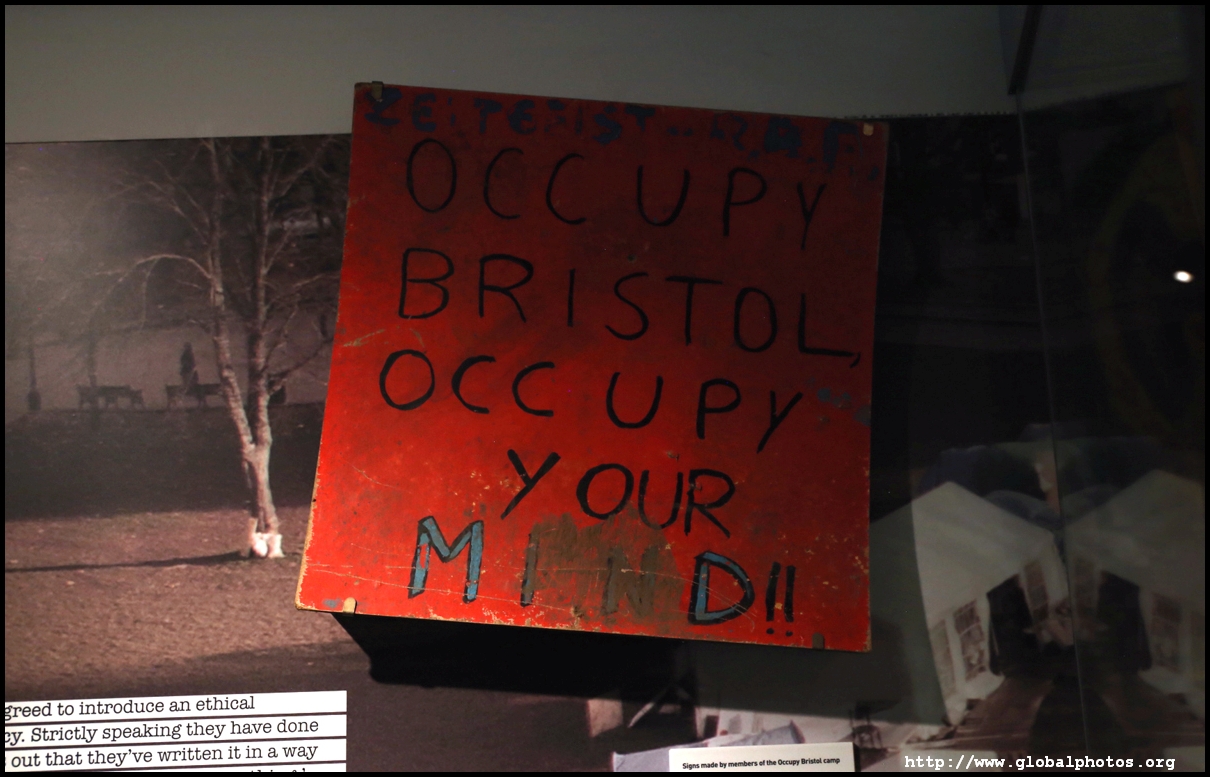Bristol Photo Gallery - M-Shed
I like to visit a local history museum when I am in a new city to better get to know the place. M-Shed is Bristol's version of a city museum, showcasing its importance in trade, slavery connections, and residents' stories.During the 18th century, Britain dominated the transatlantic slave trade. Over 12 million Africans were believed to have been sent to the New World between 1501 and 1866, with an estimated 2 million dying during the journey. British landowners in Virginia and the West Indies benefited from cheap labour to produce sugar, rum, tobacco, cotton, and more. Bristol came into the picture starting in 1698 when London no longer held the slave trade monopoly. Bristol ships were licensed to trade enslaved Africans. The demand for slaves increased during the 17th century as sugar and tobacco production demanded more labour. The 3-way trade triangle between West Africa, England, and the Caribbean involved selling Bristol merchandise to African traders, slaves and supplies to British colonies abroad, and their produced goods such as sugar, rum, and cocoa back to Britain. Admission is free but staff there will find good reasons to convince you to donate something.
The Bristol FLF6B Lodekka double decker bus was built in 1966 and served until 1983.
On the higher floors, the windows open up with a good view of the area.
Fry's was a local company that operated from 1728 to 2011. In 1847, it produced the first mass-produced chocolate bar, and used colour-printed labels in their advertising, an innovative method at the time. Through time, they were absorbed into Birmingham's Cadbury Brothers and Fry's name disappeared.
|
